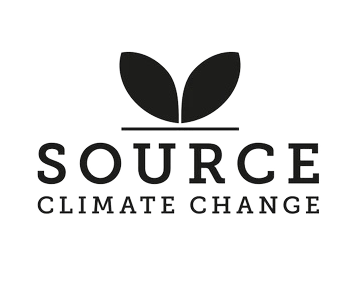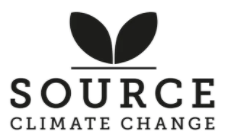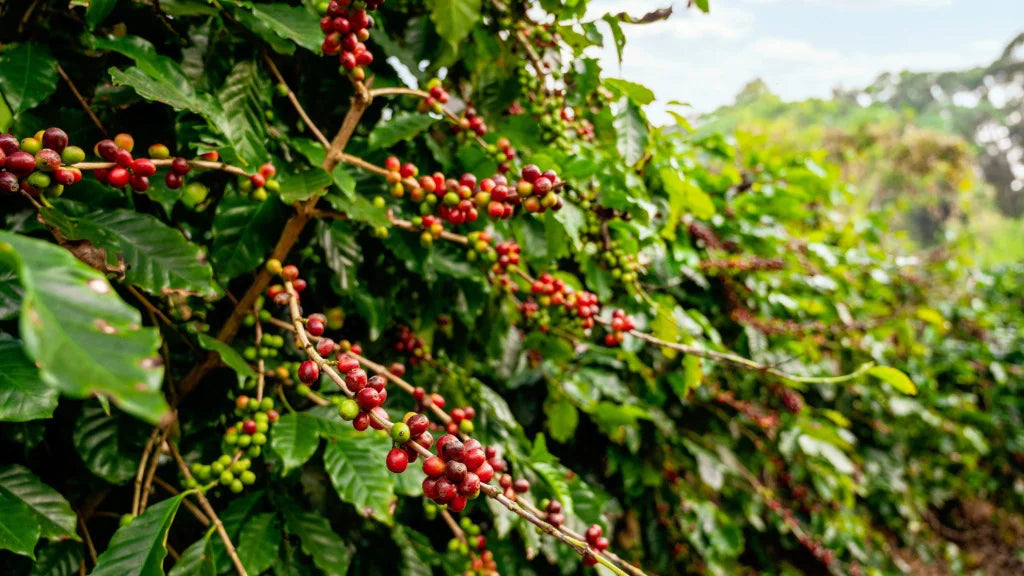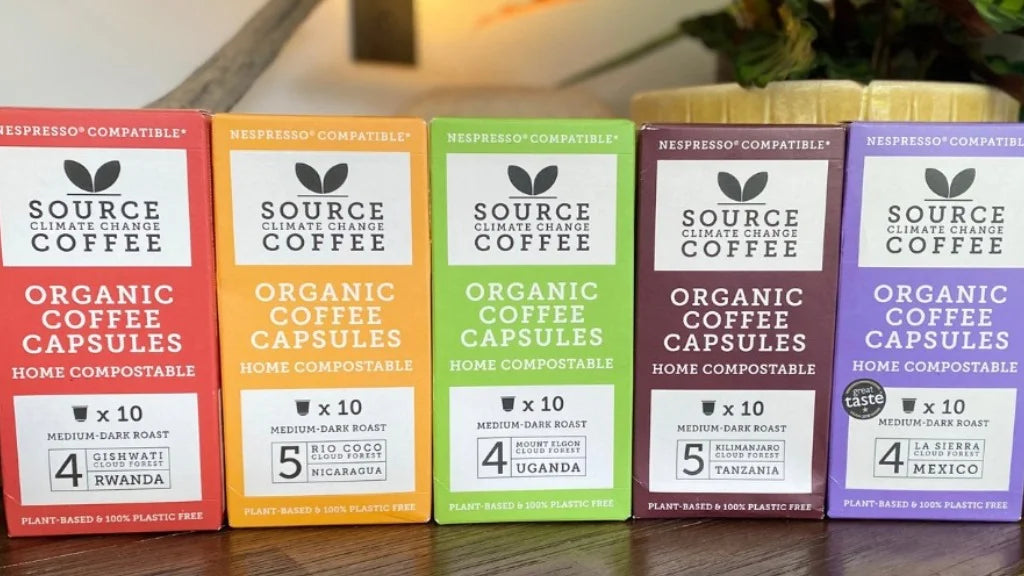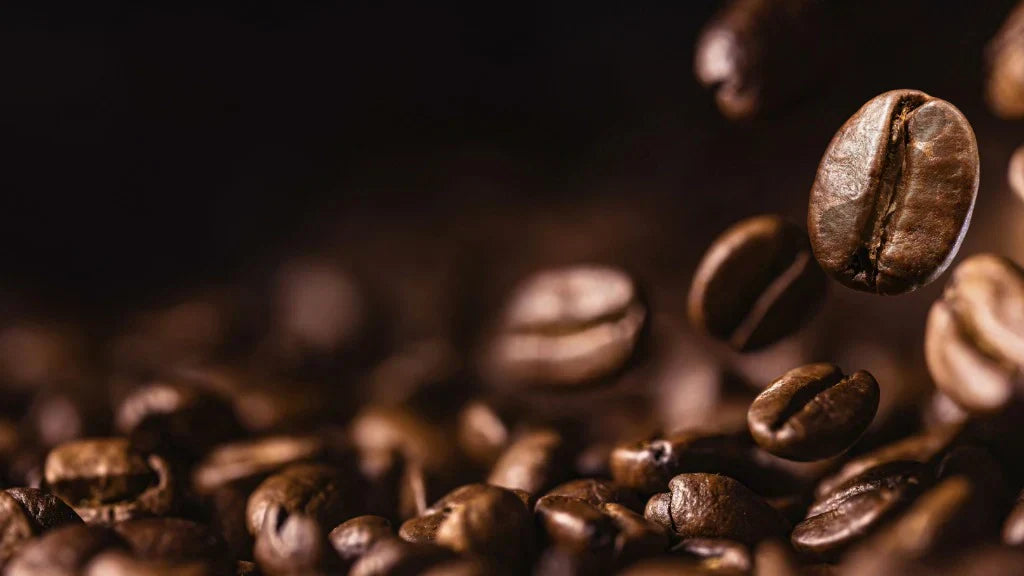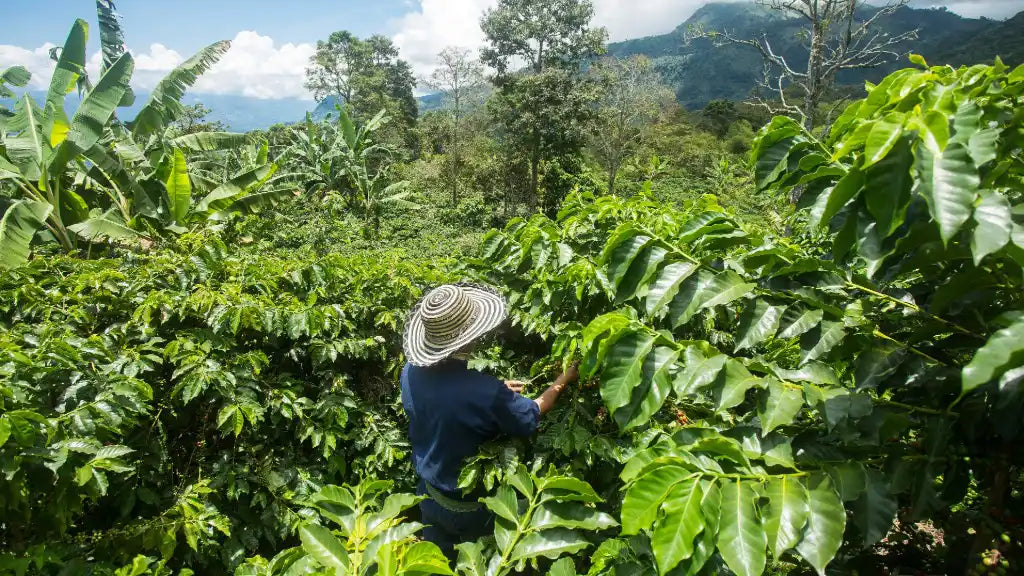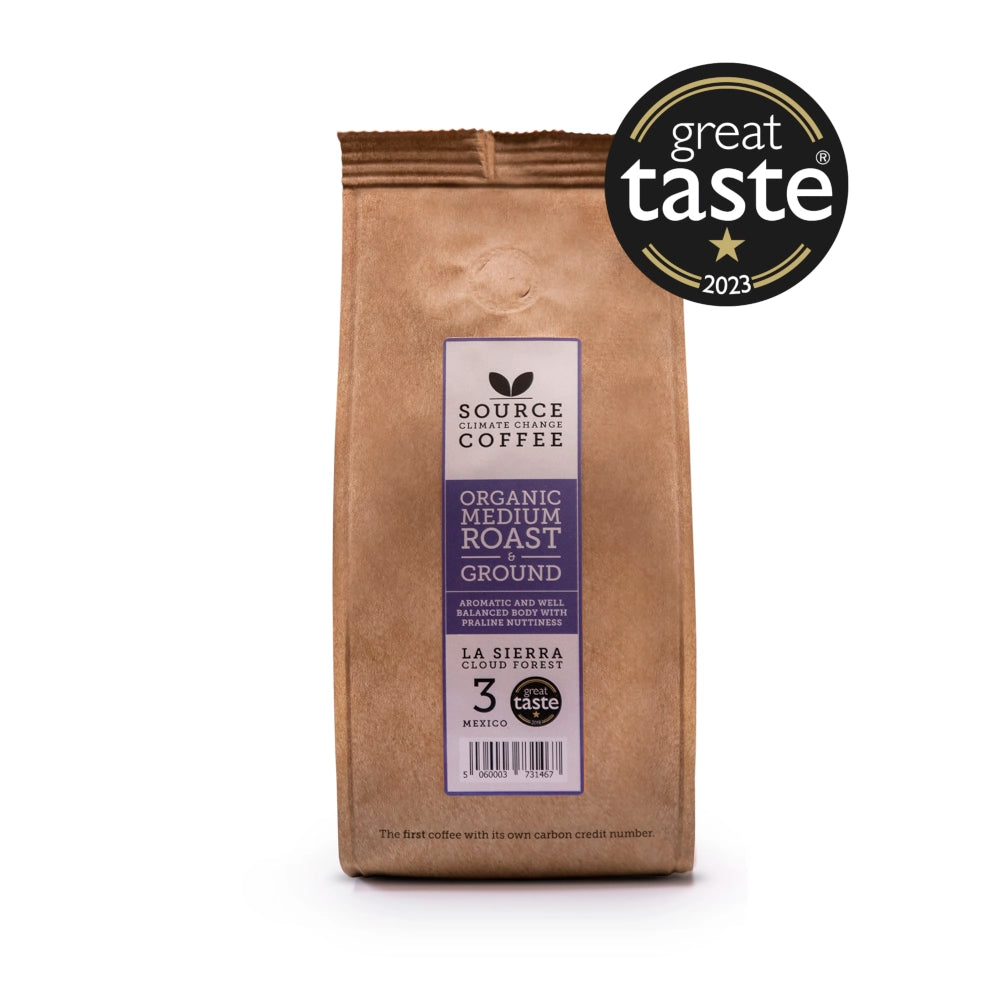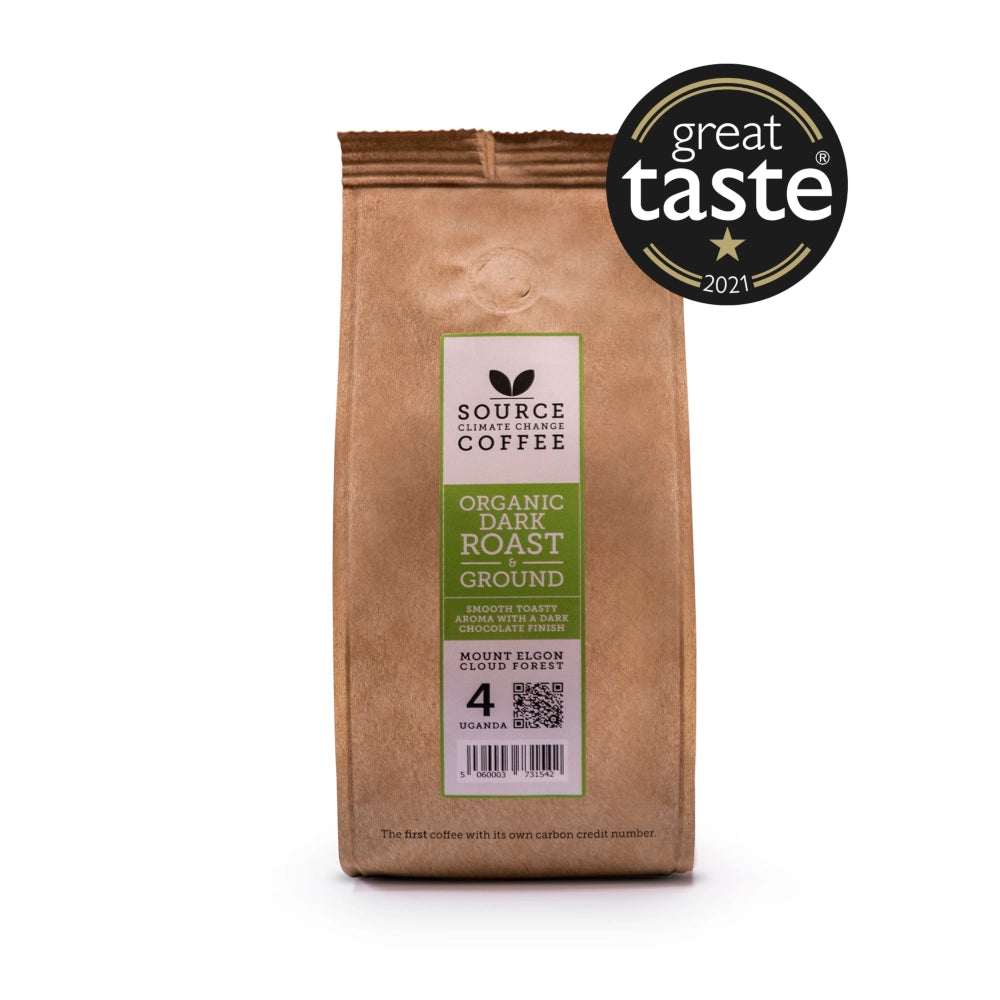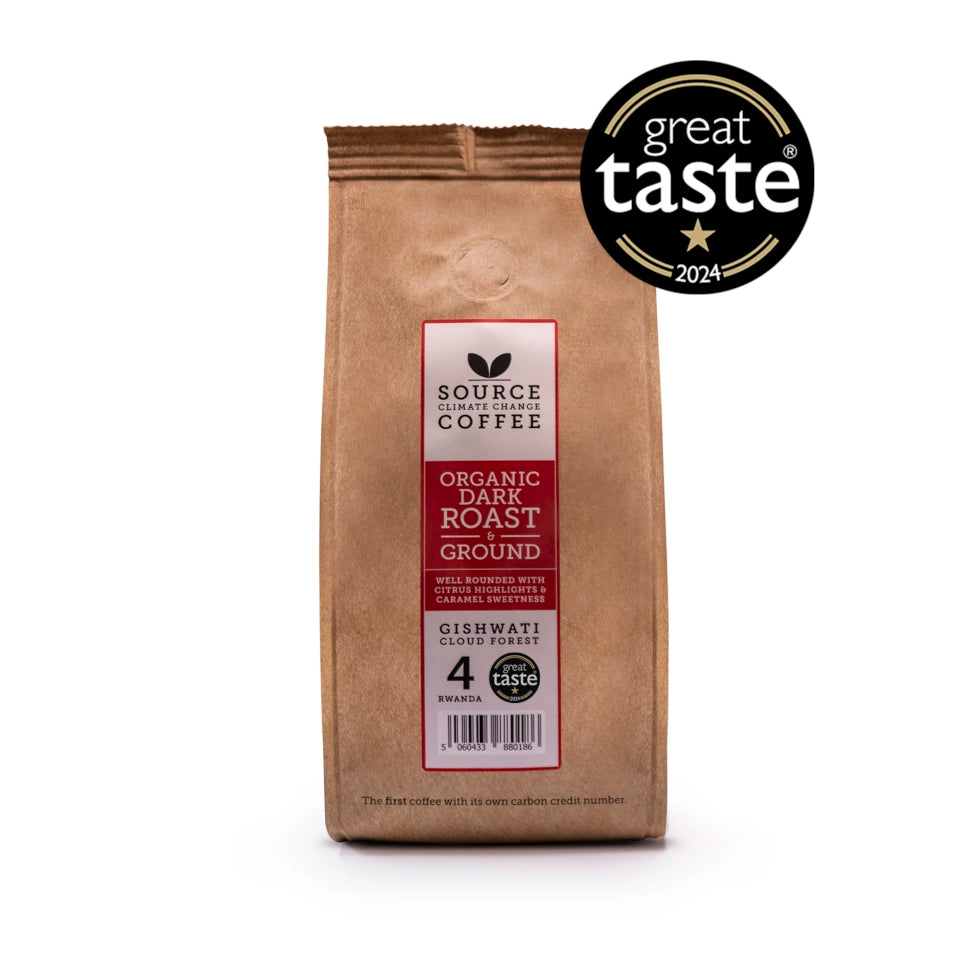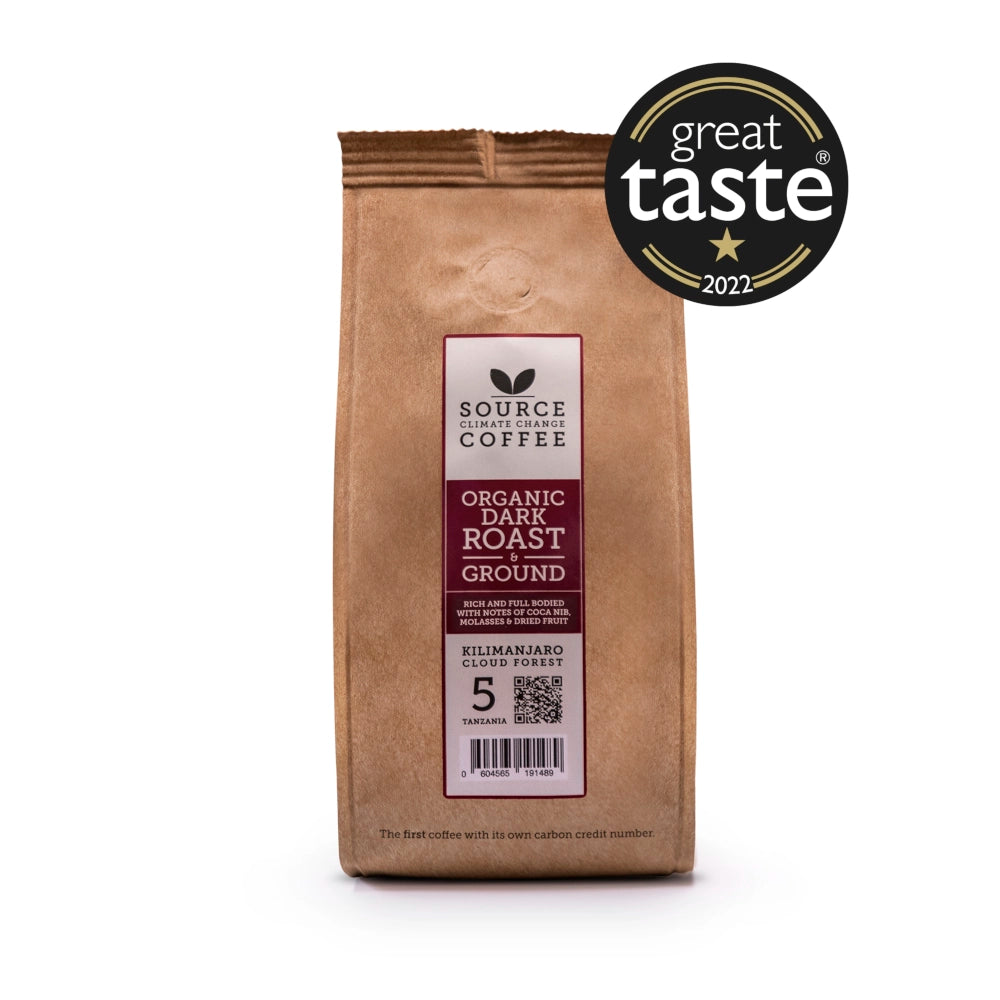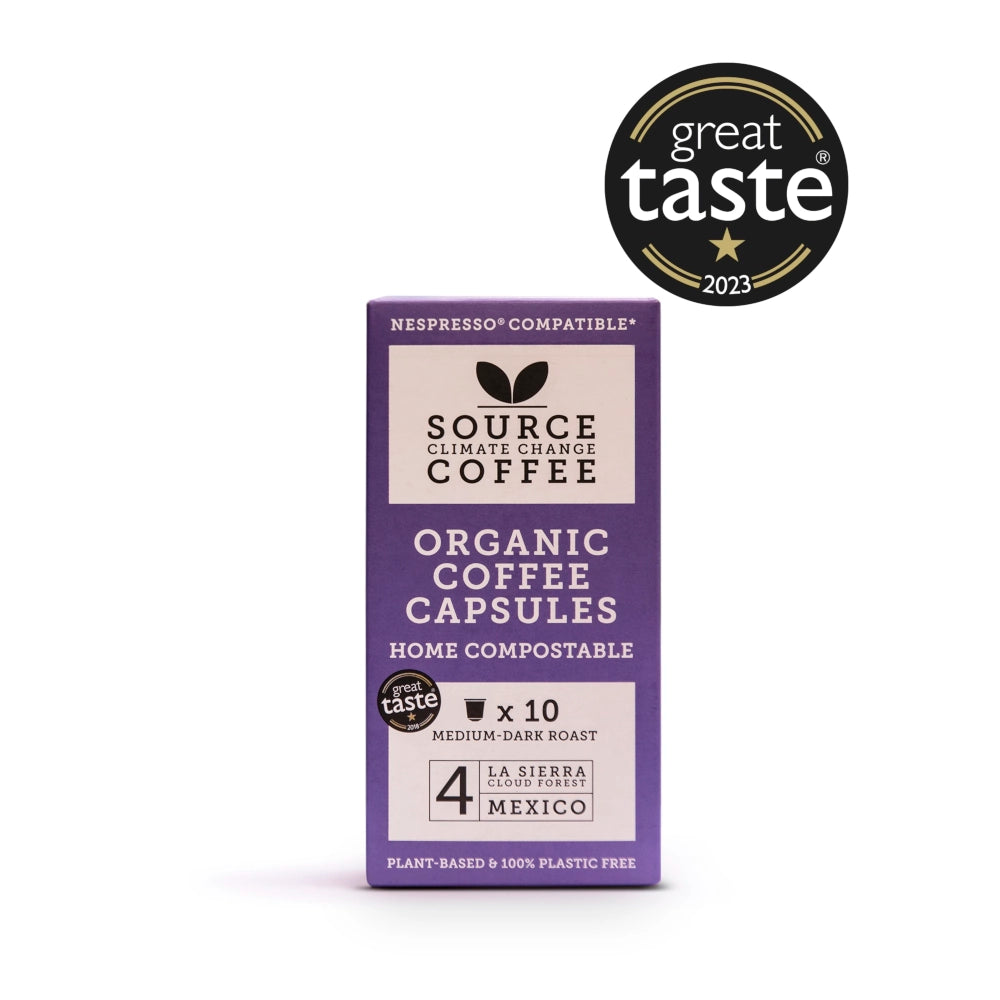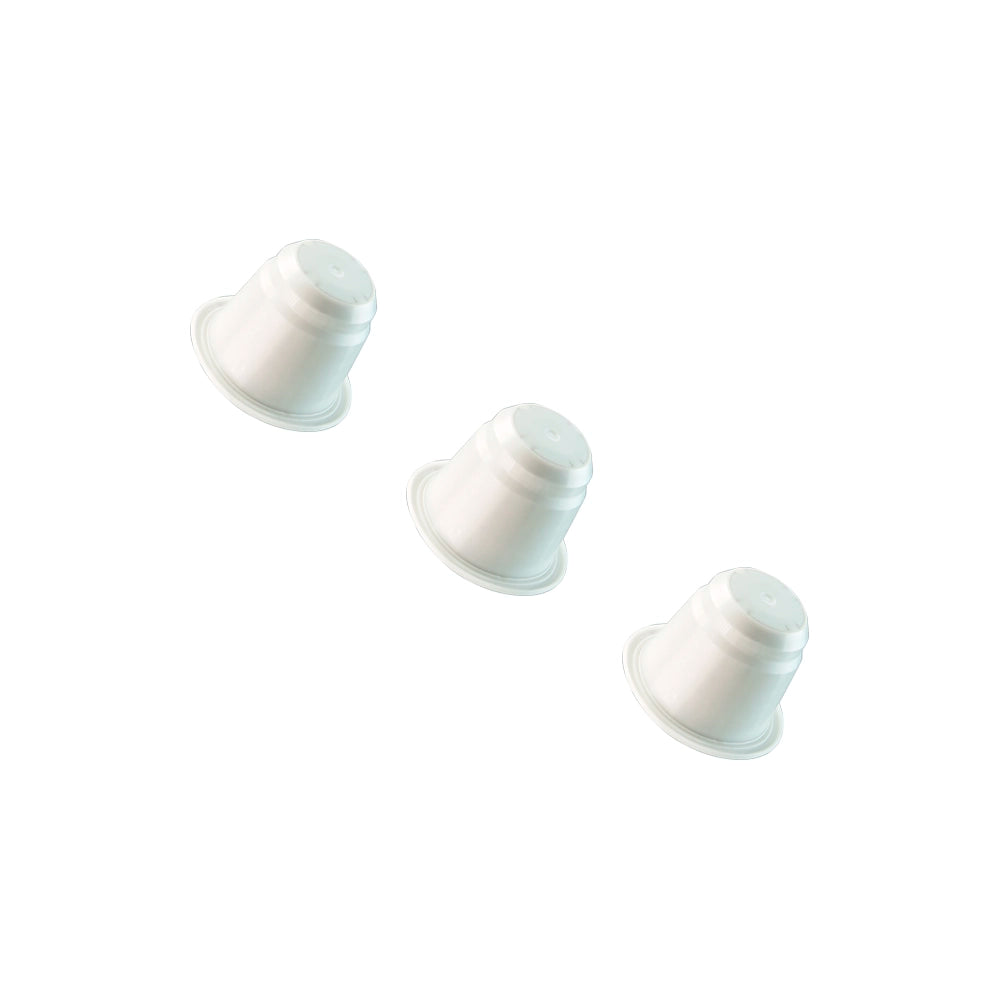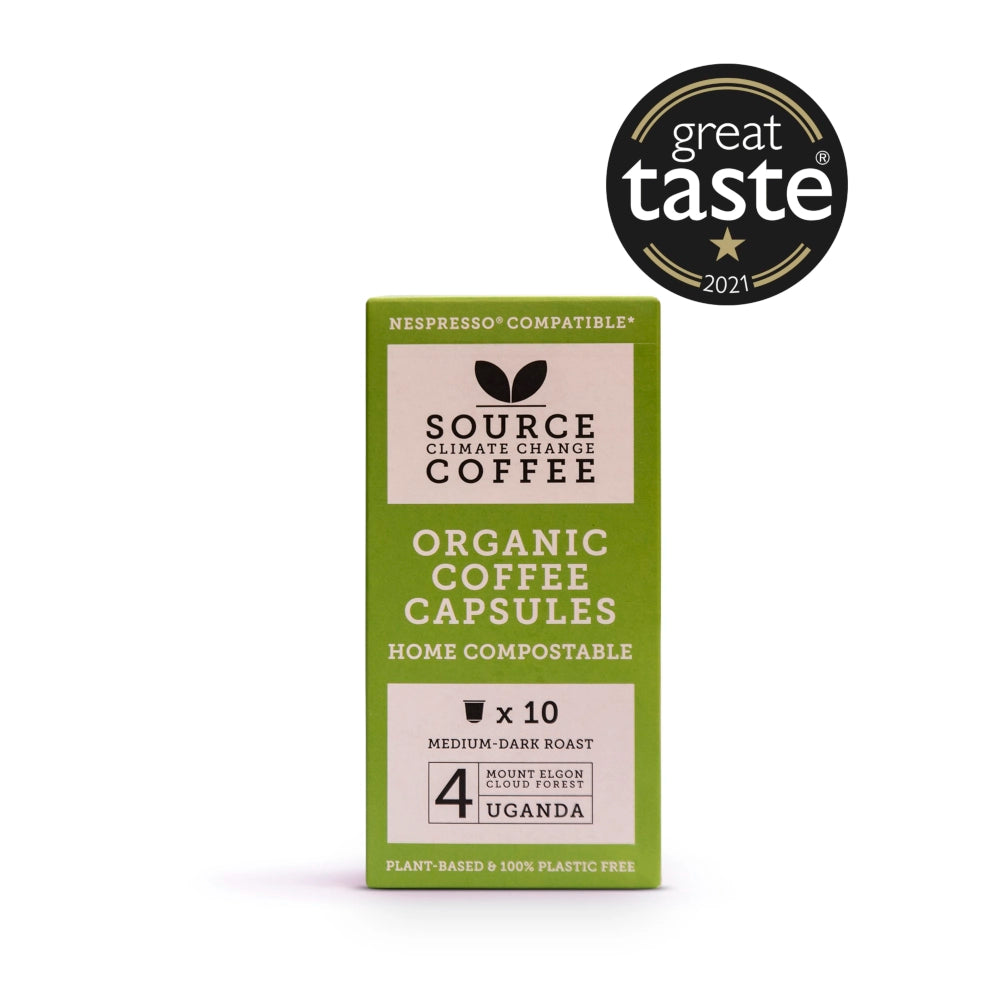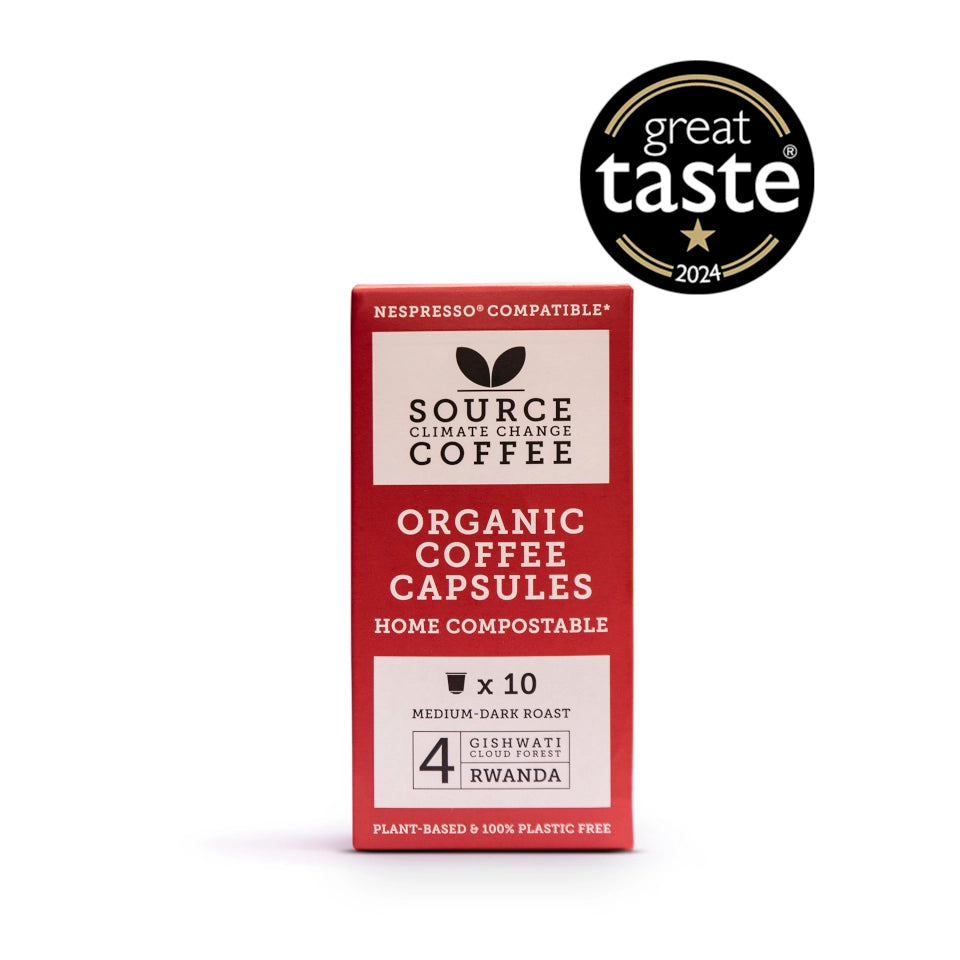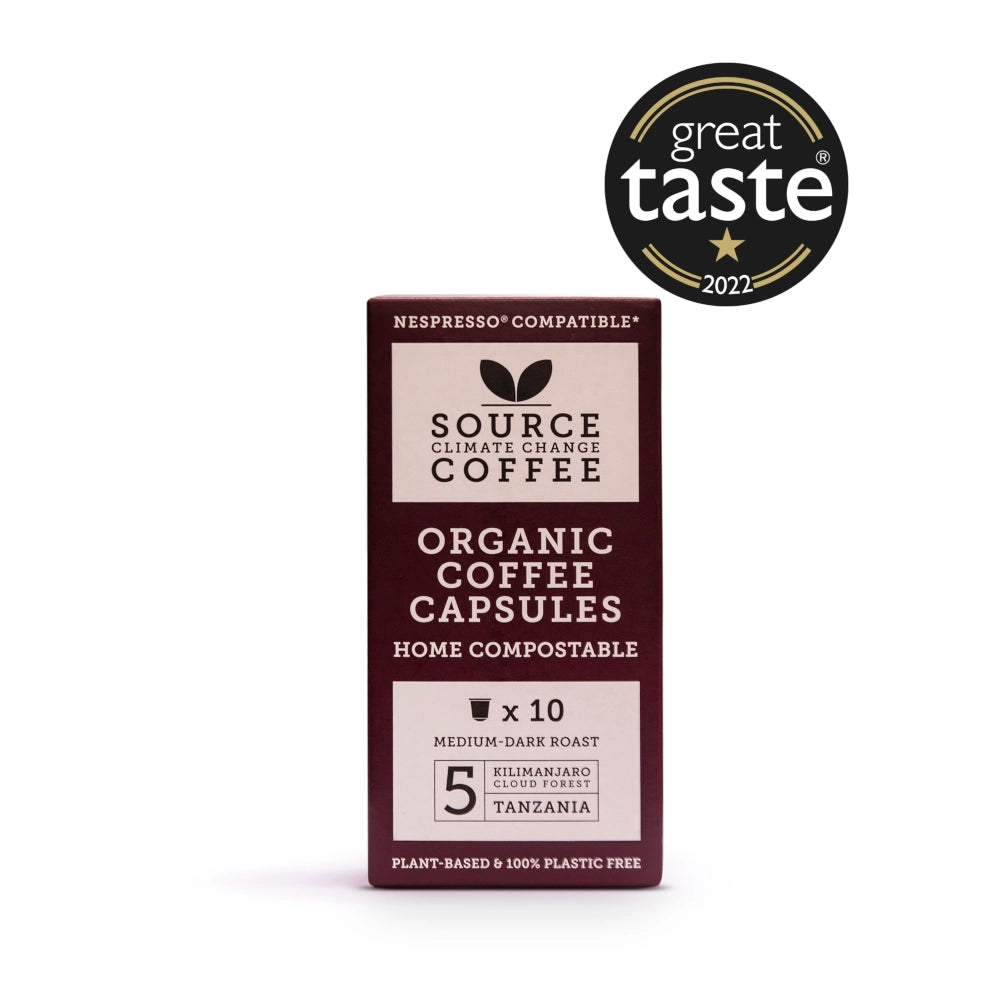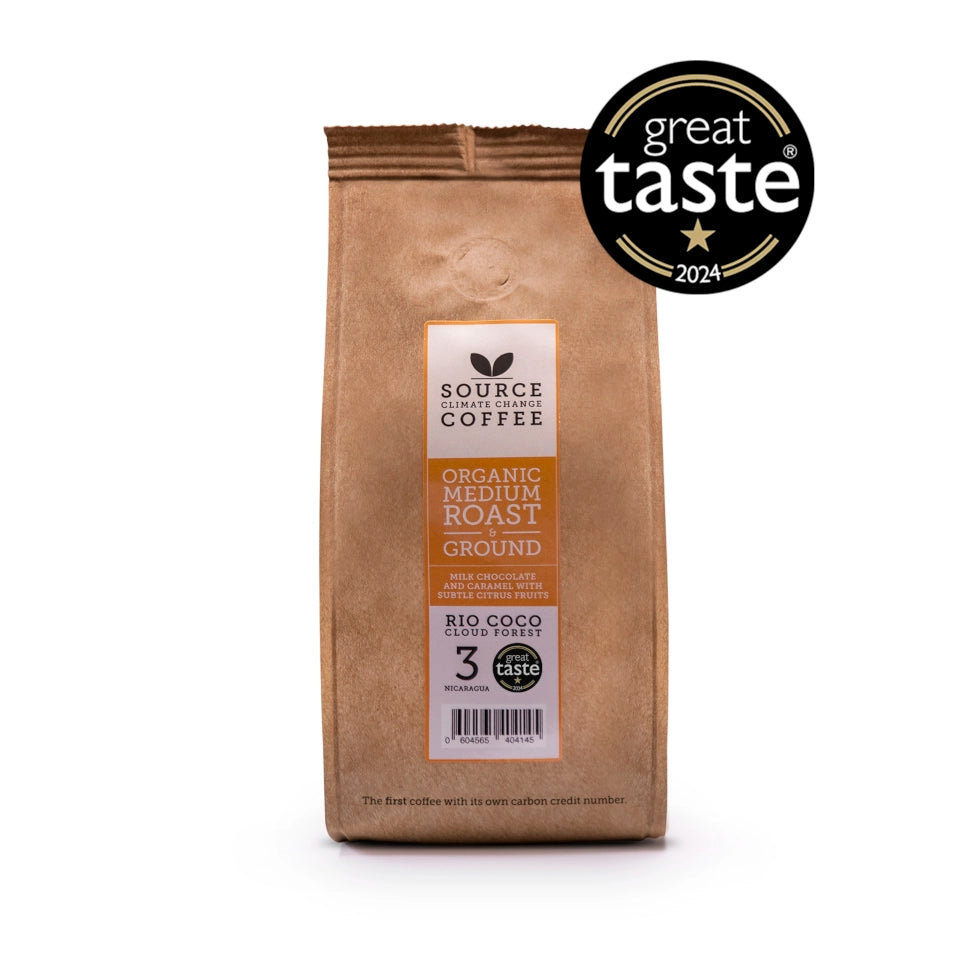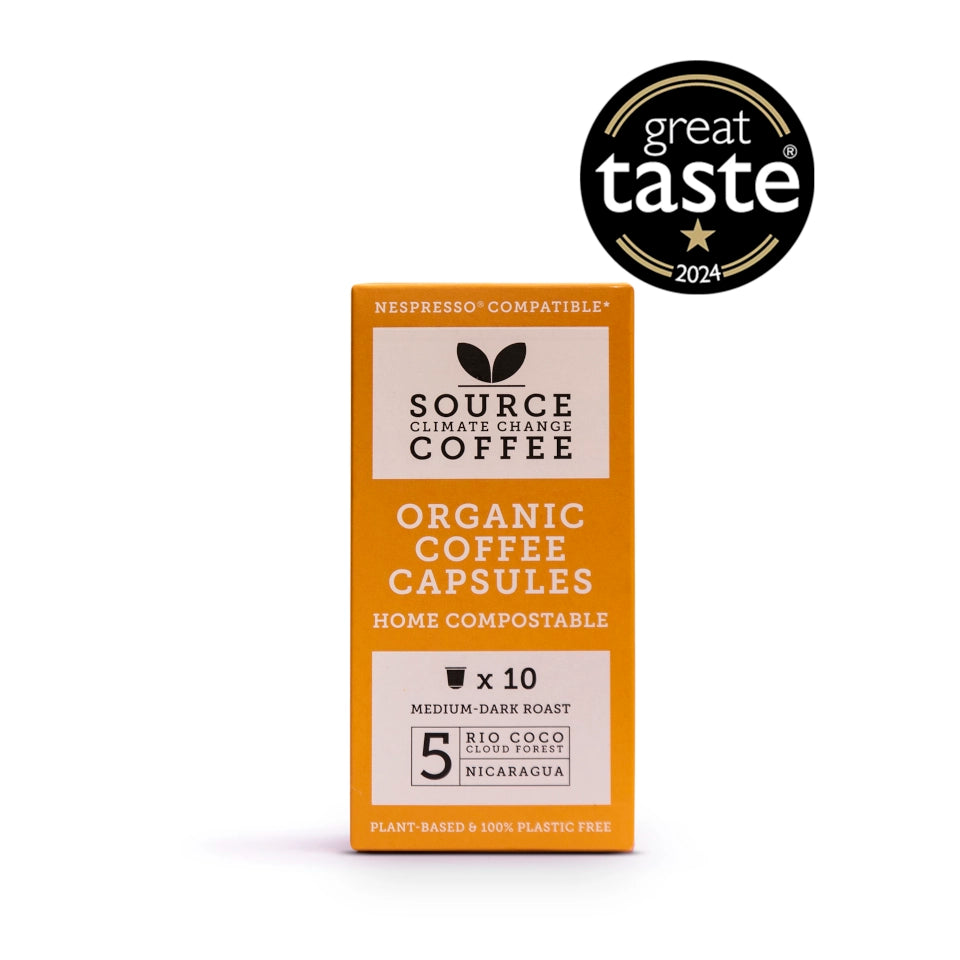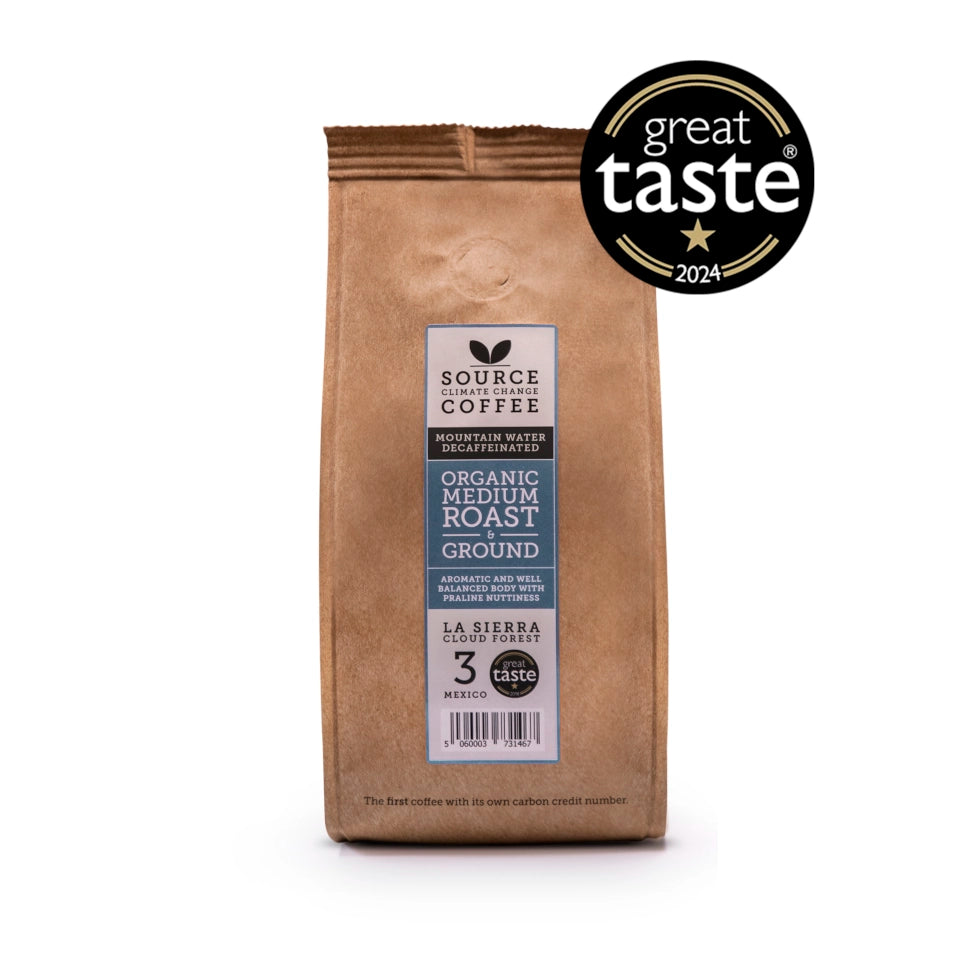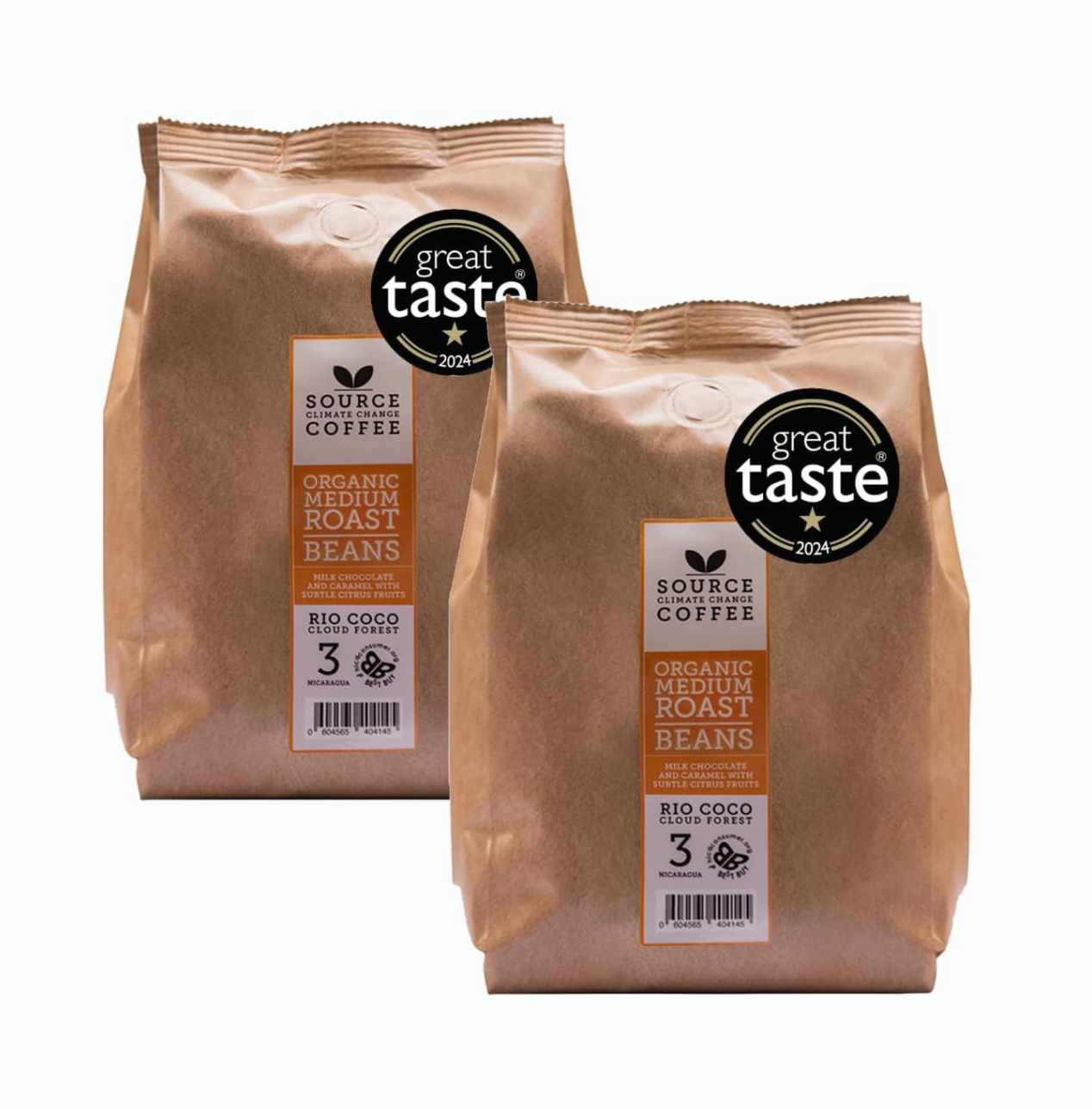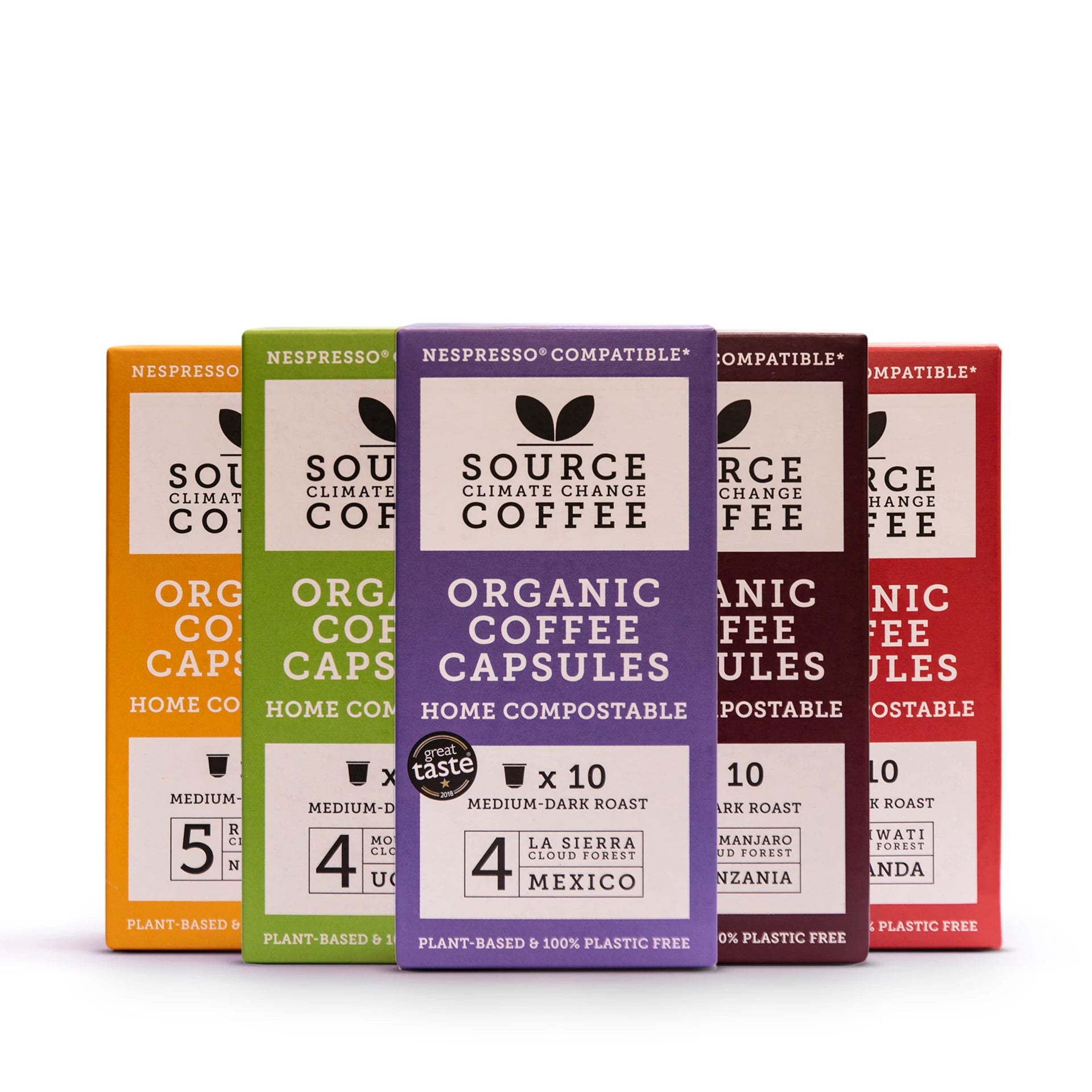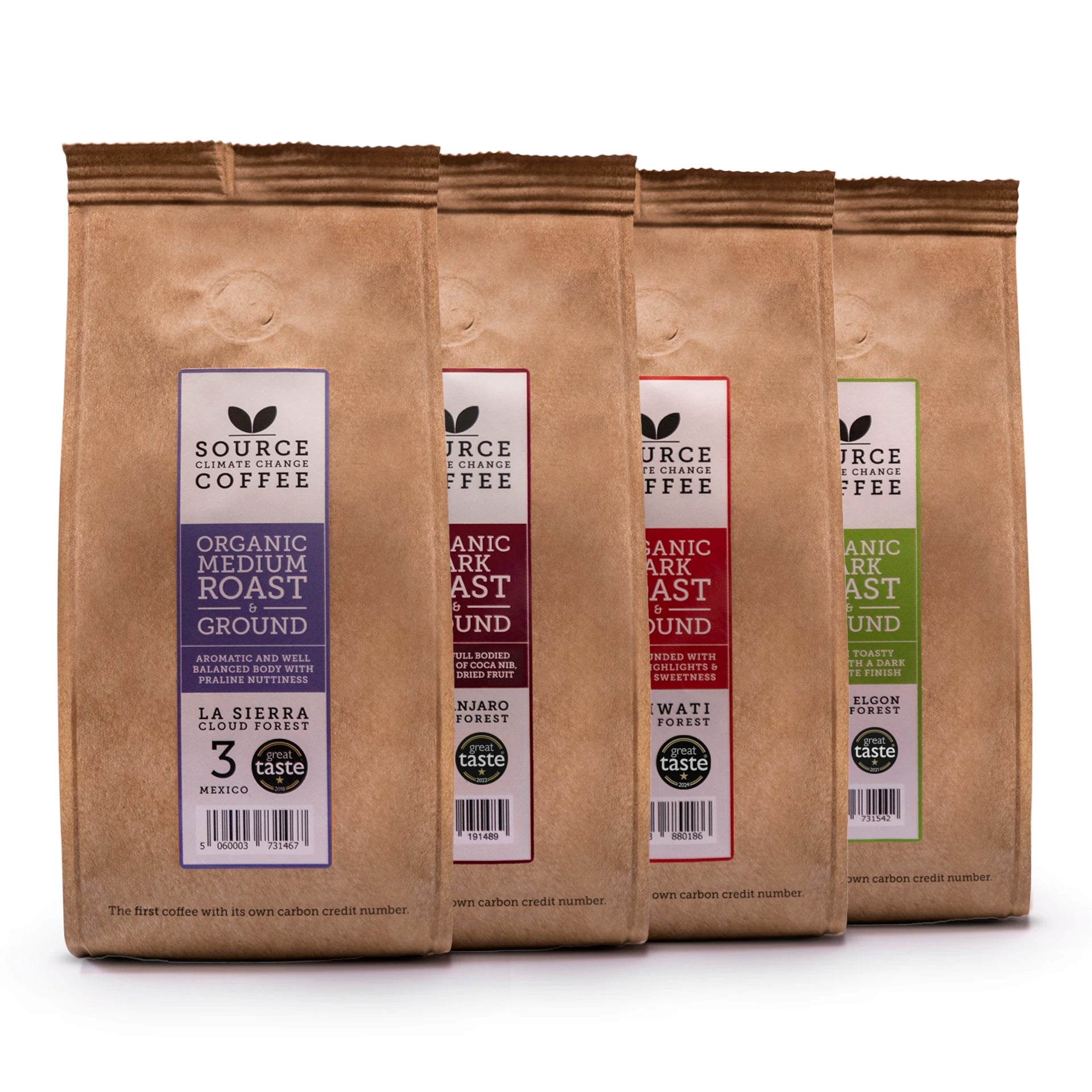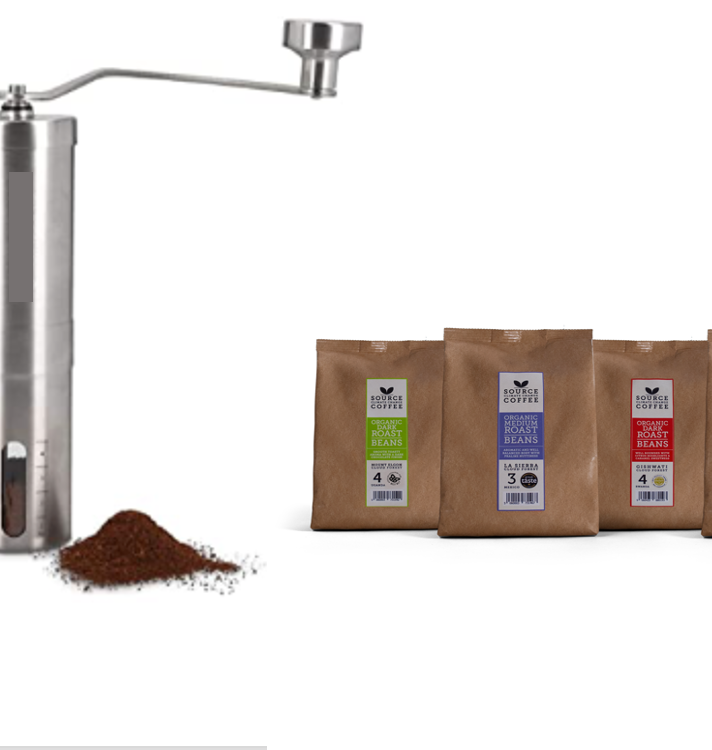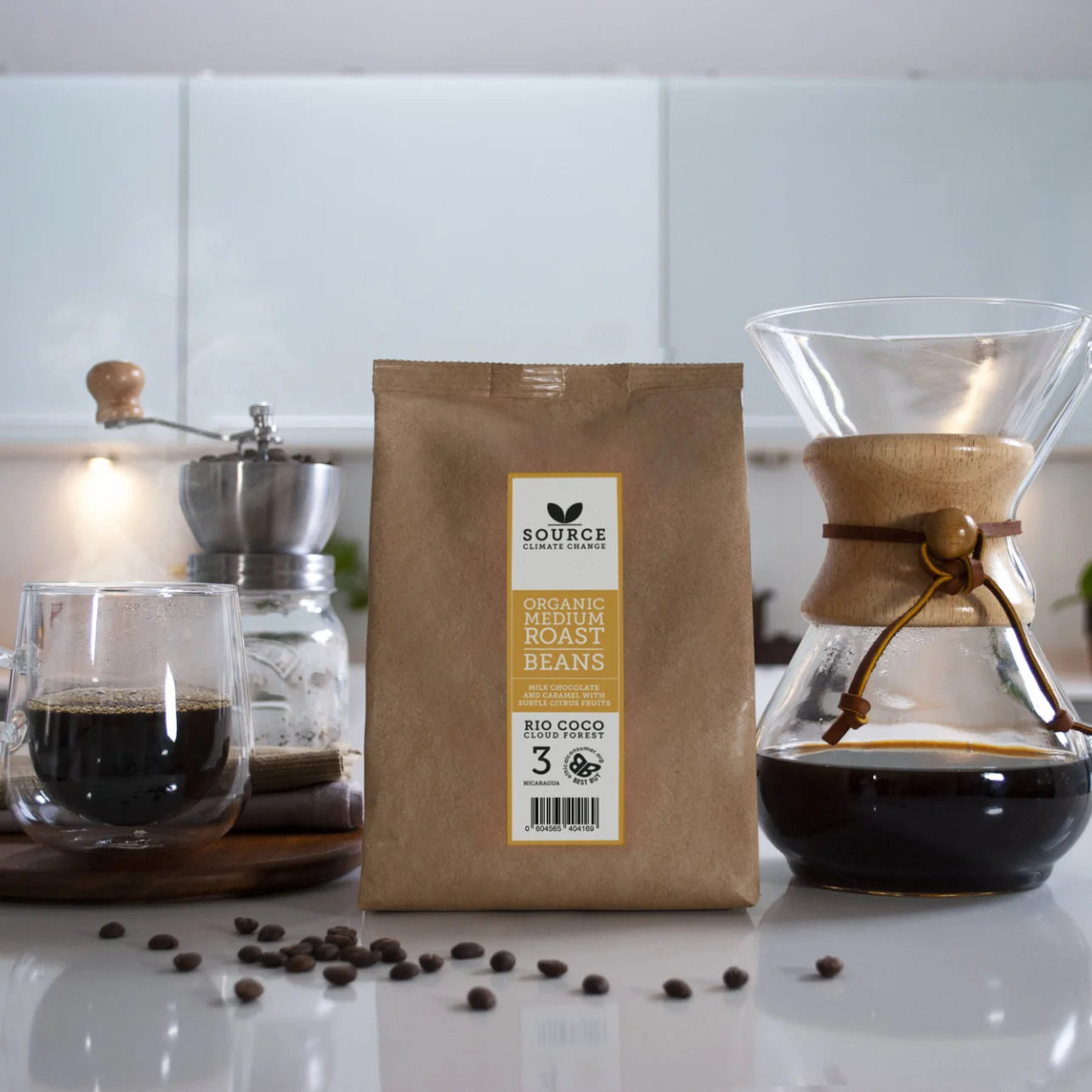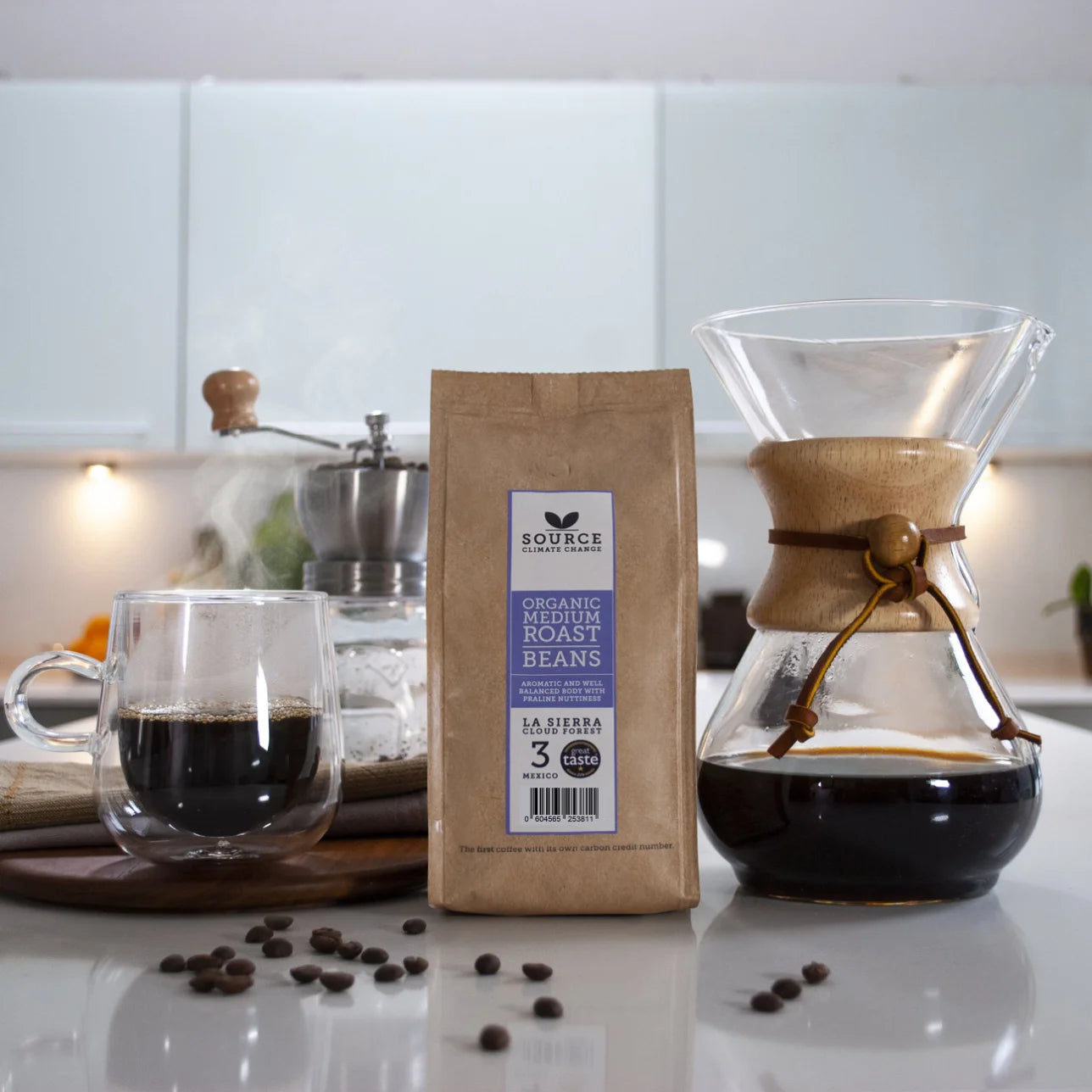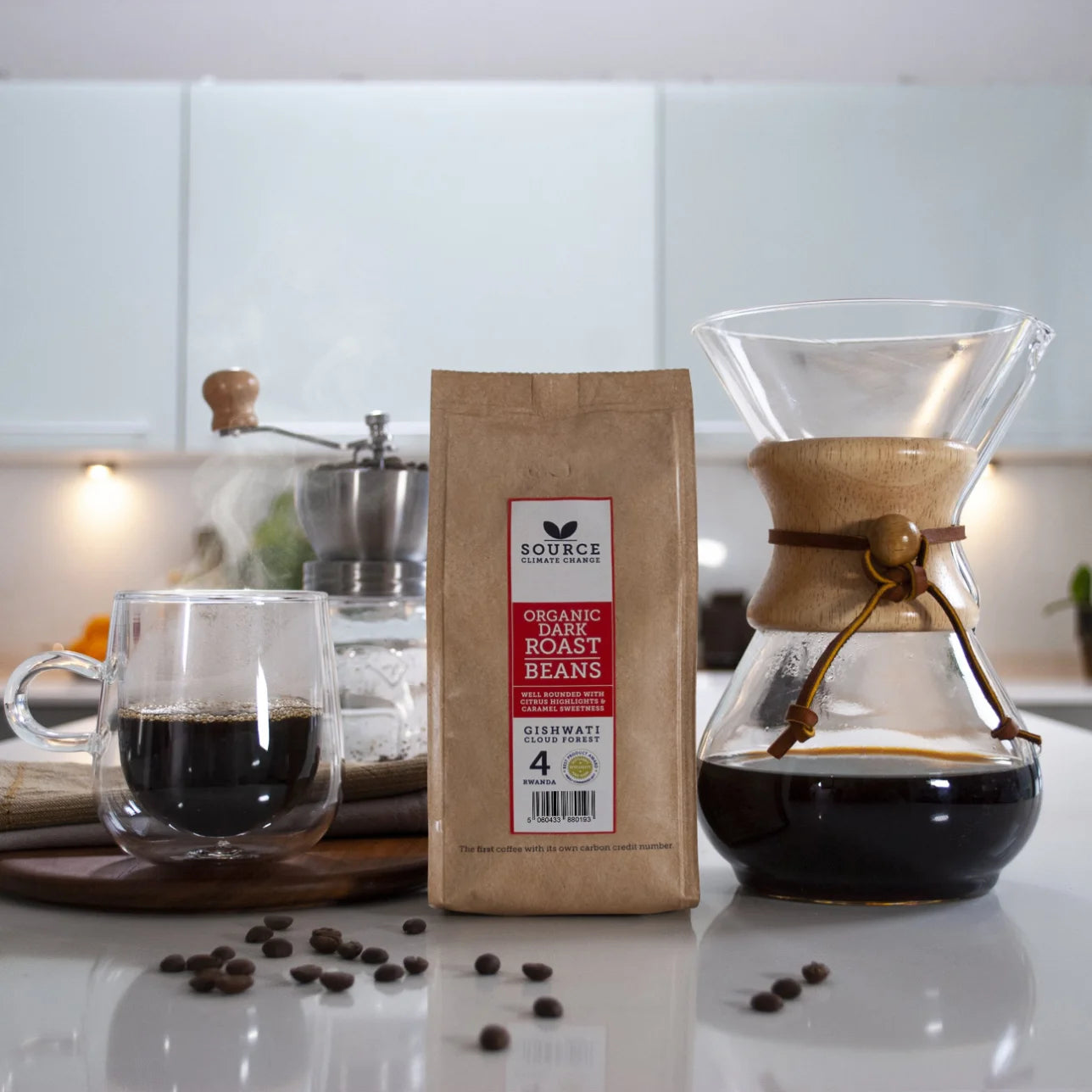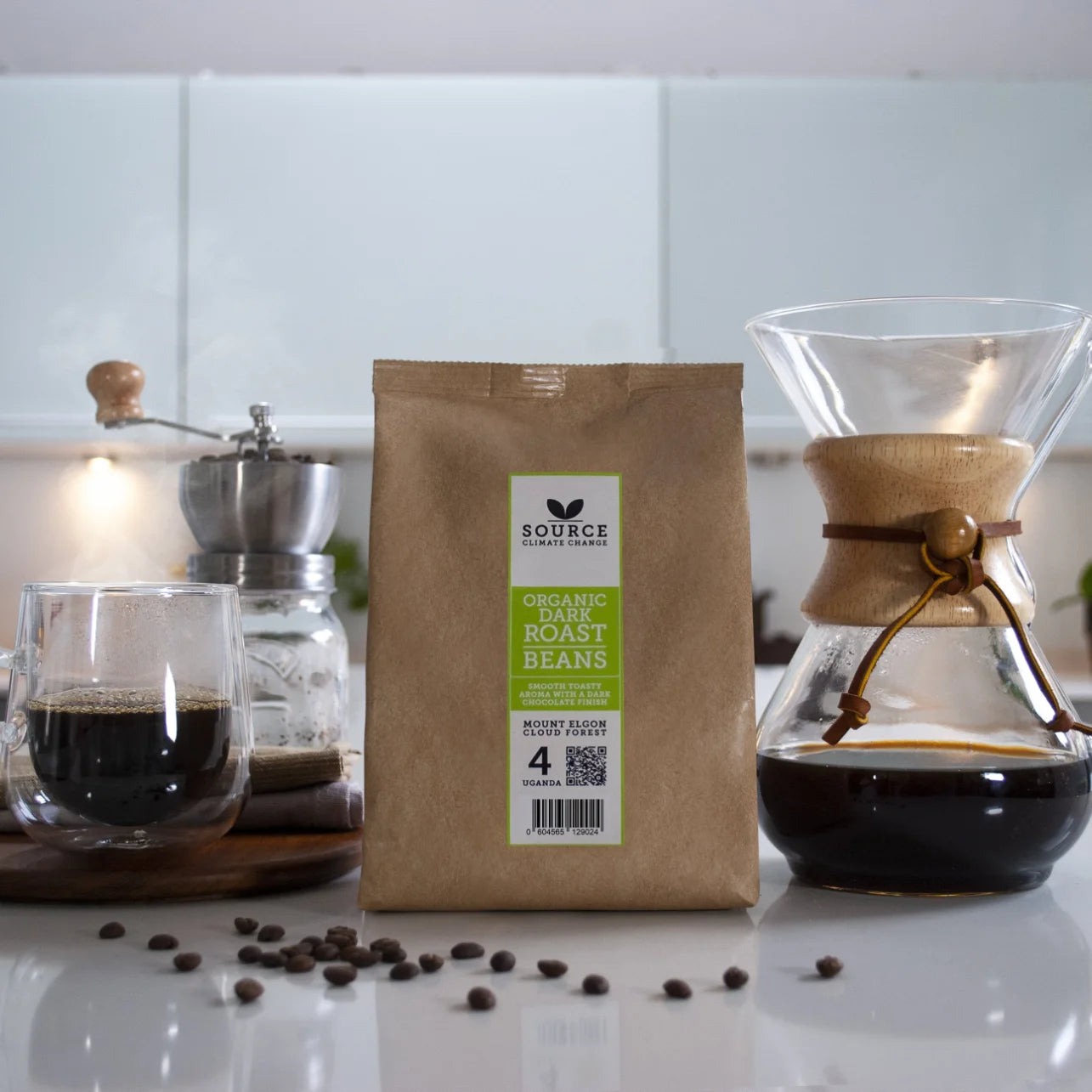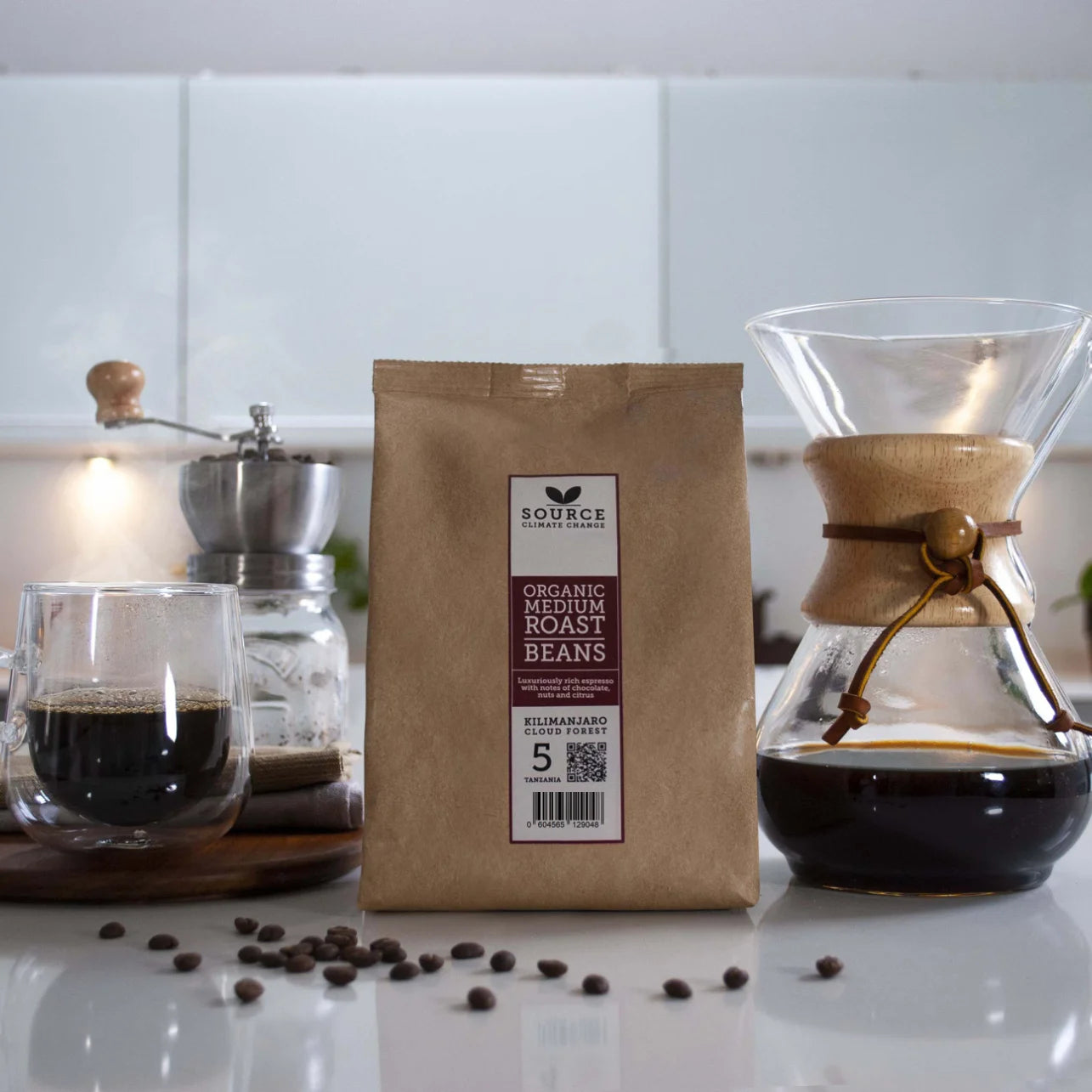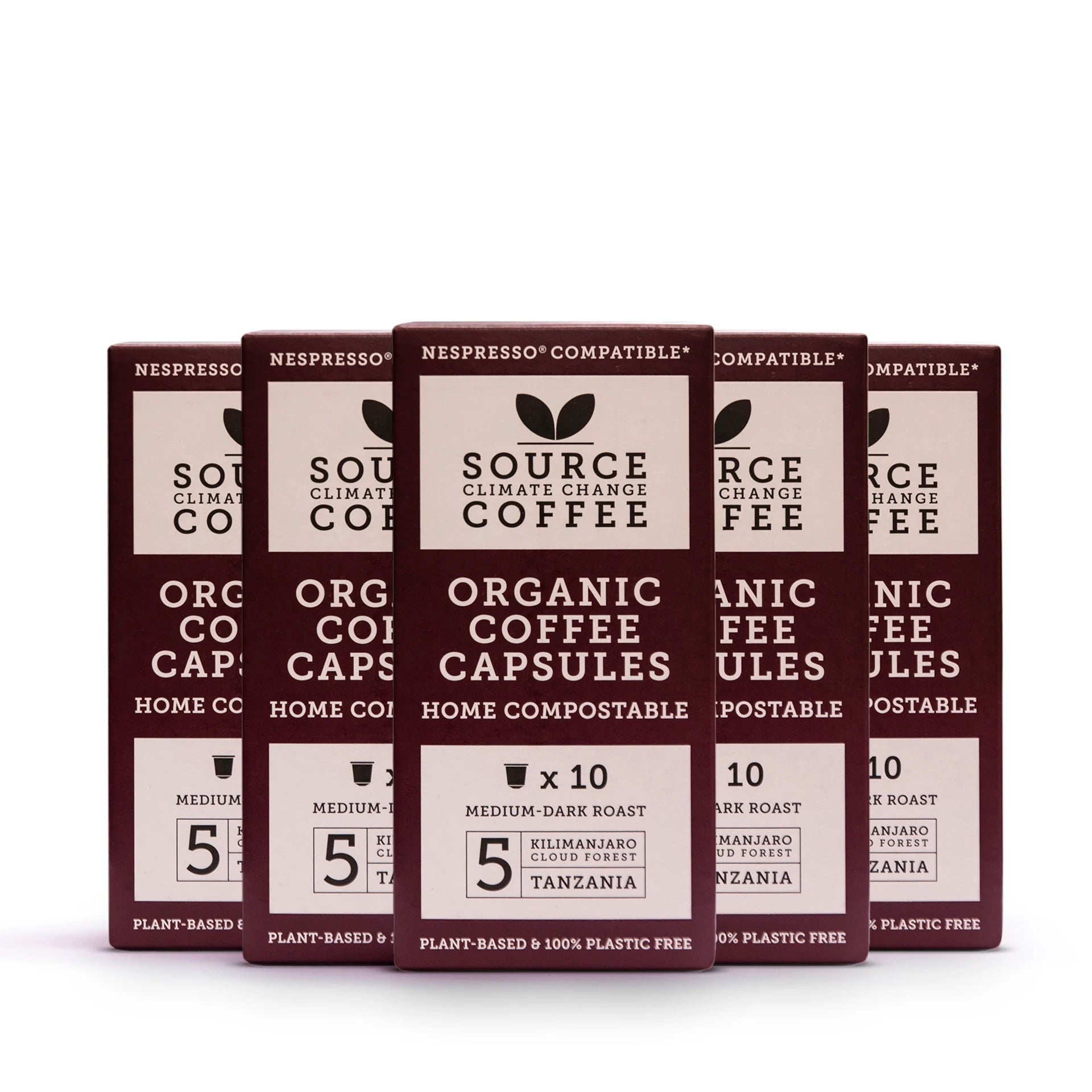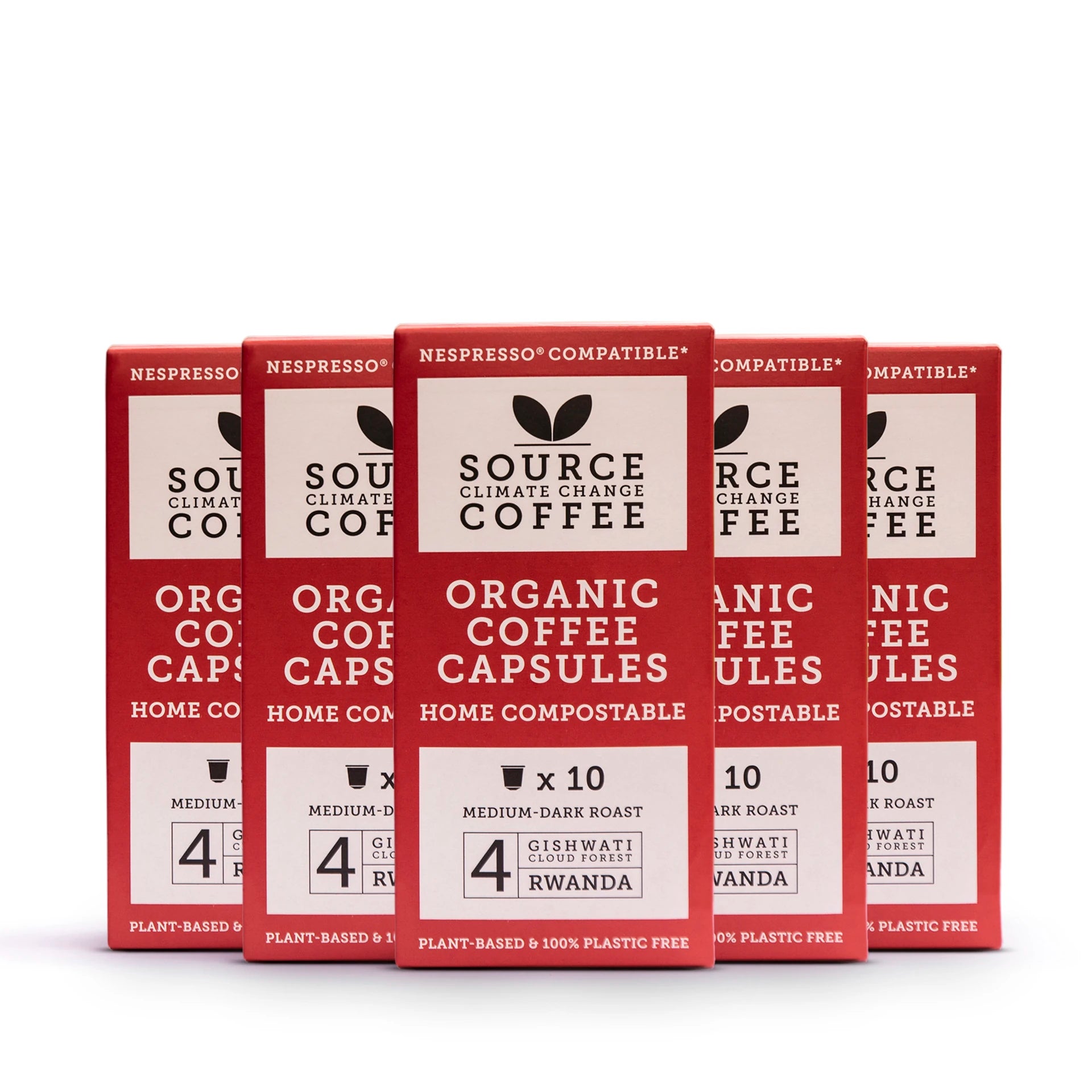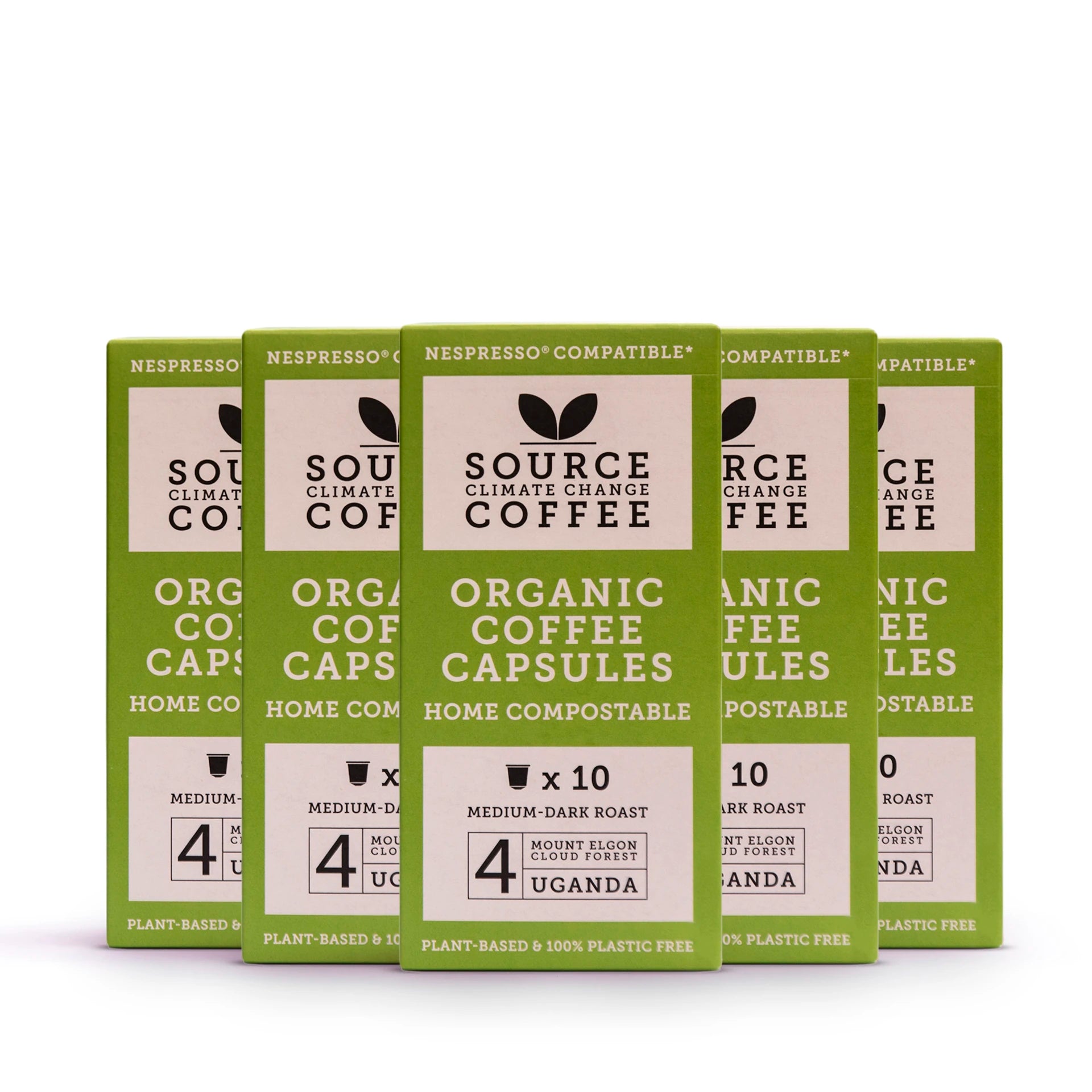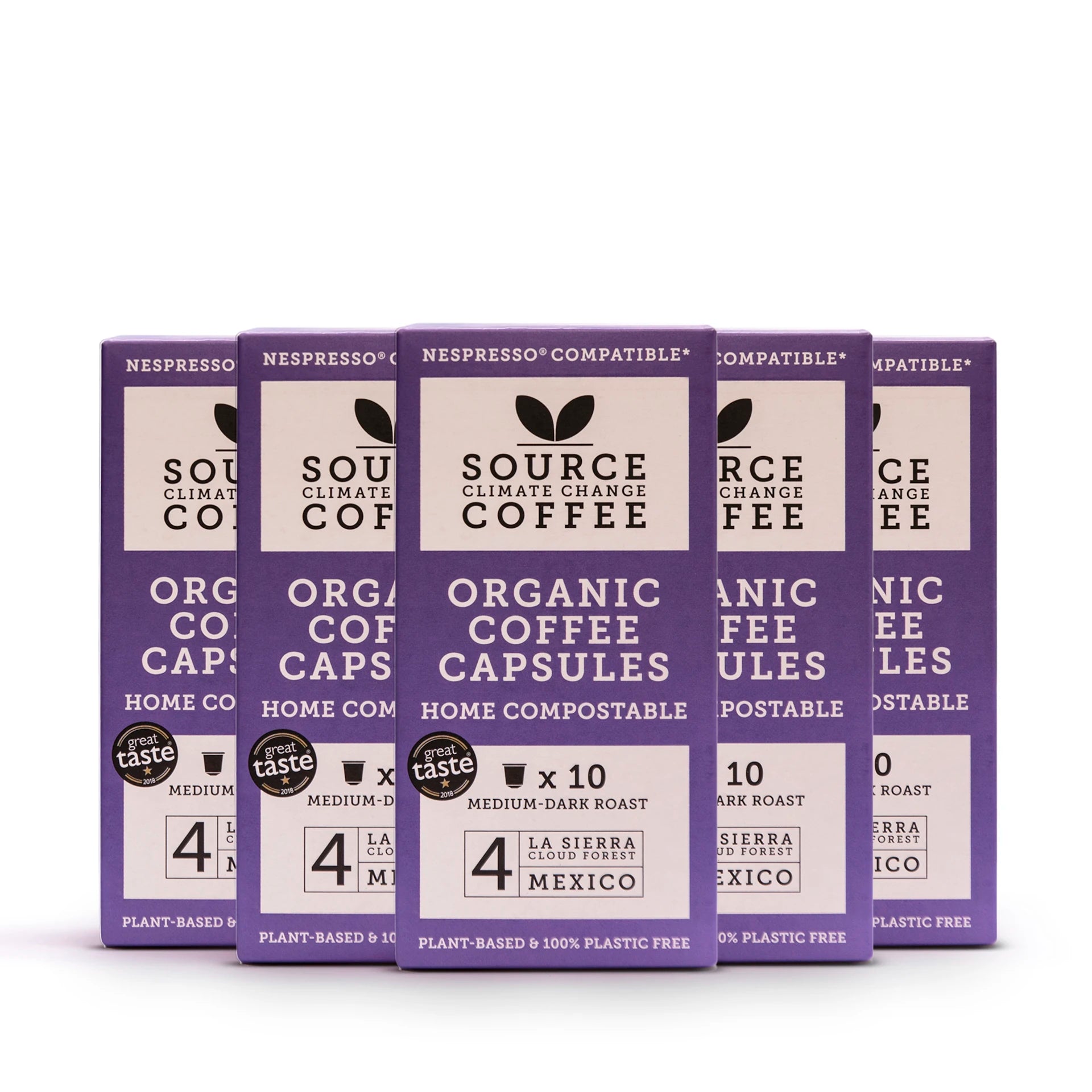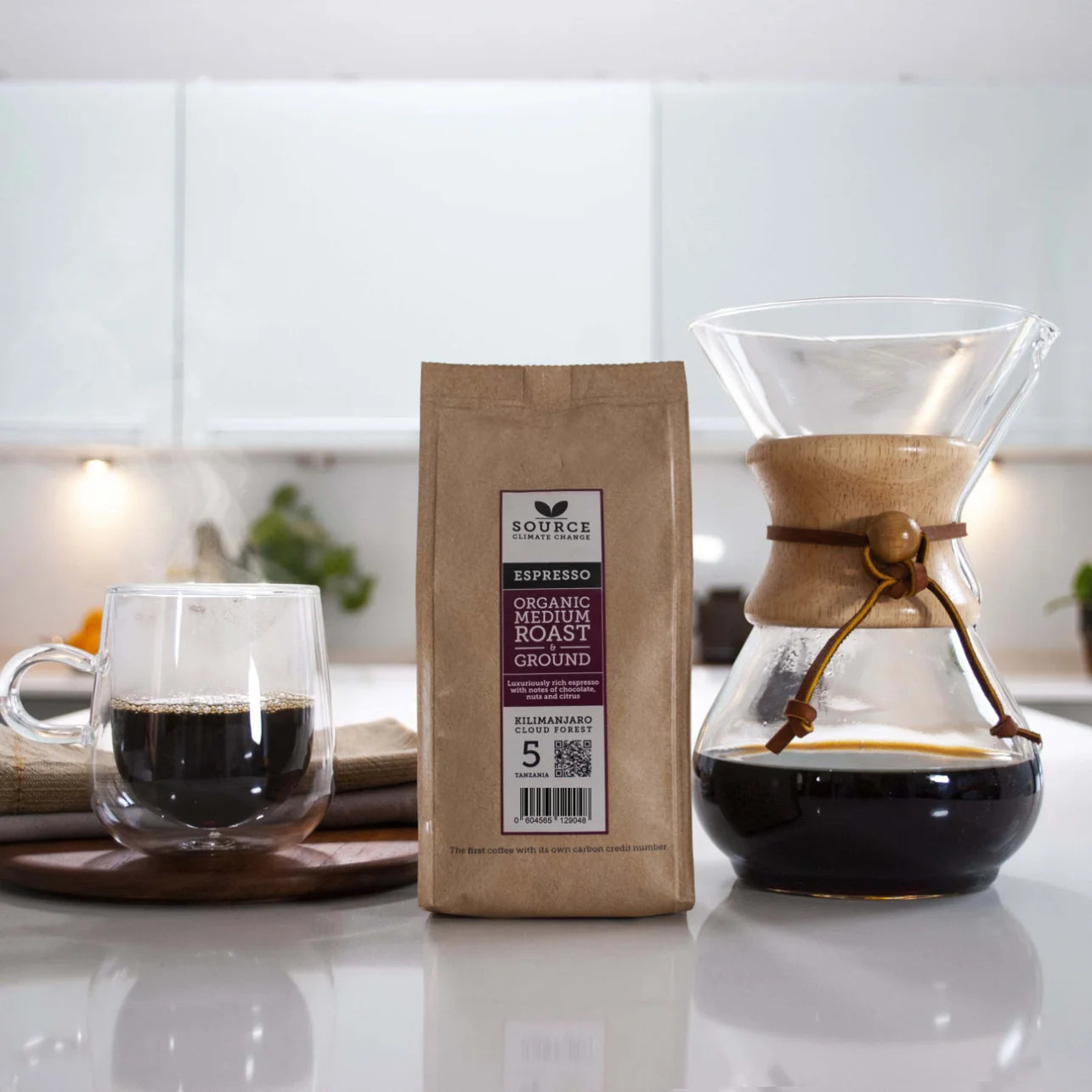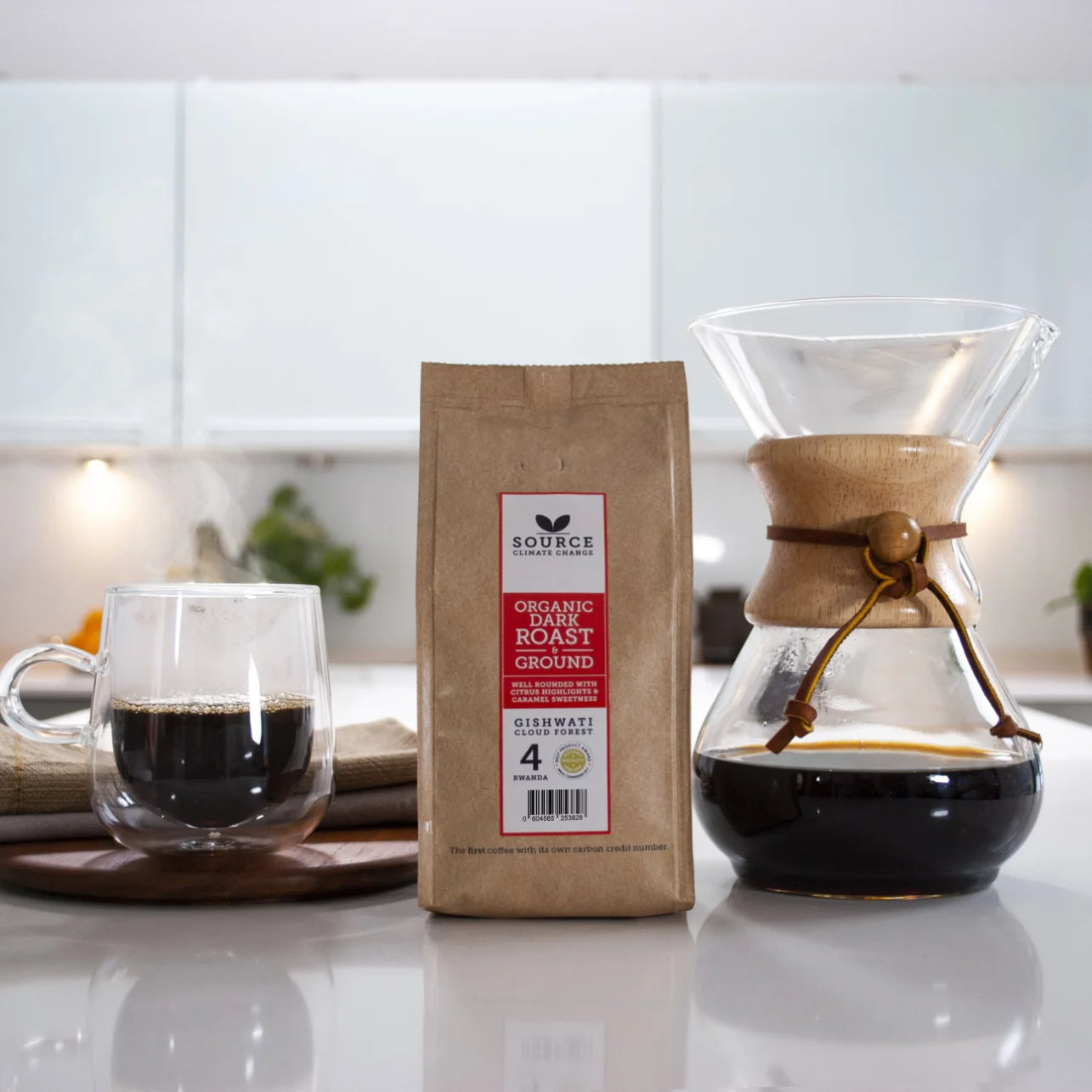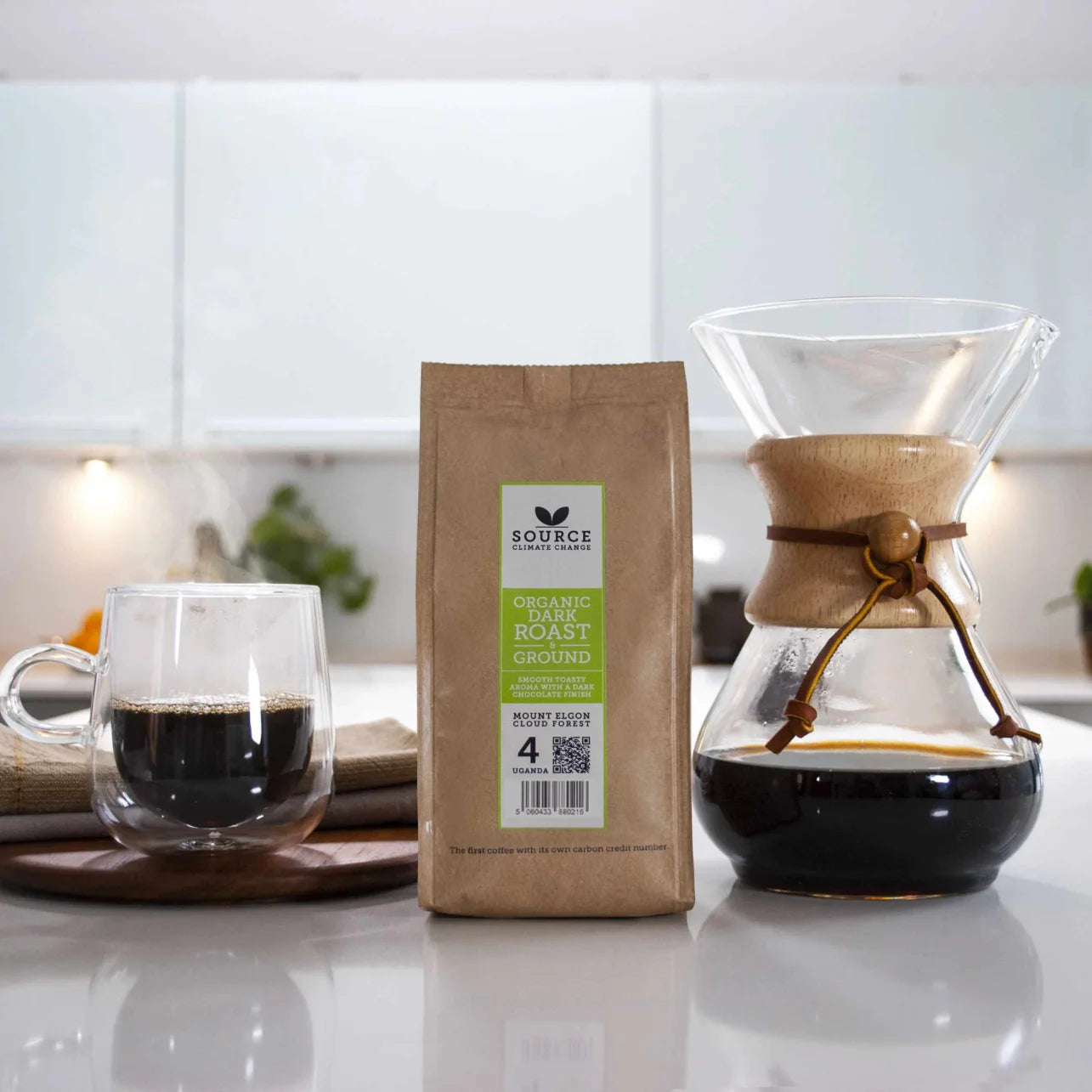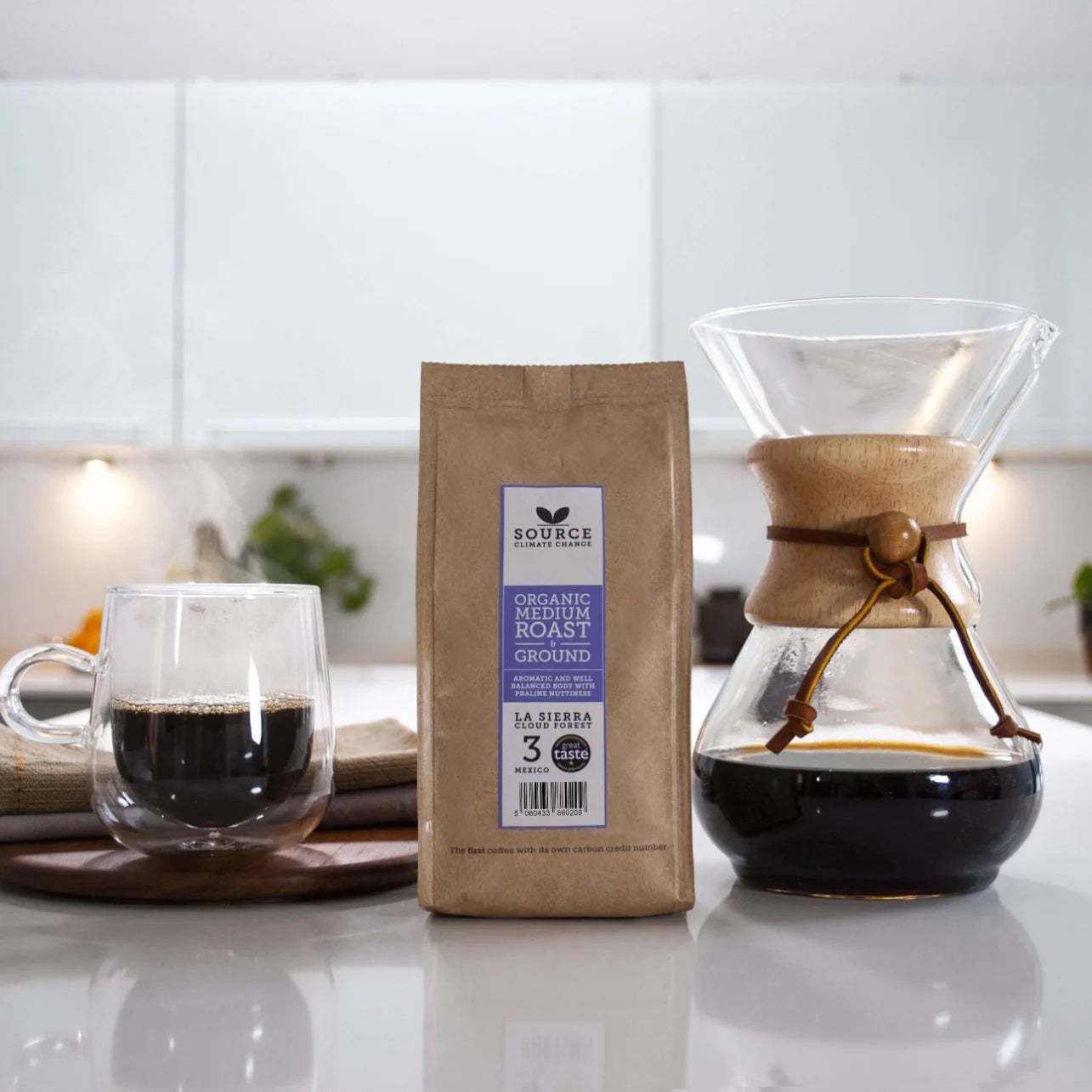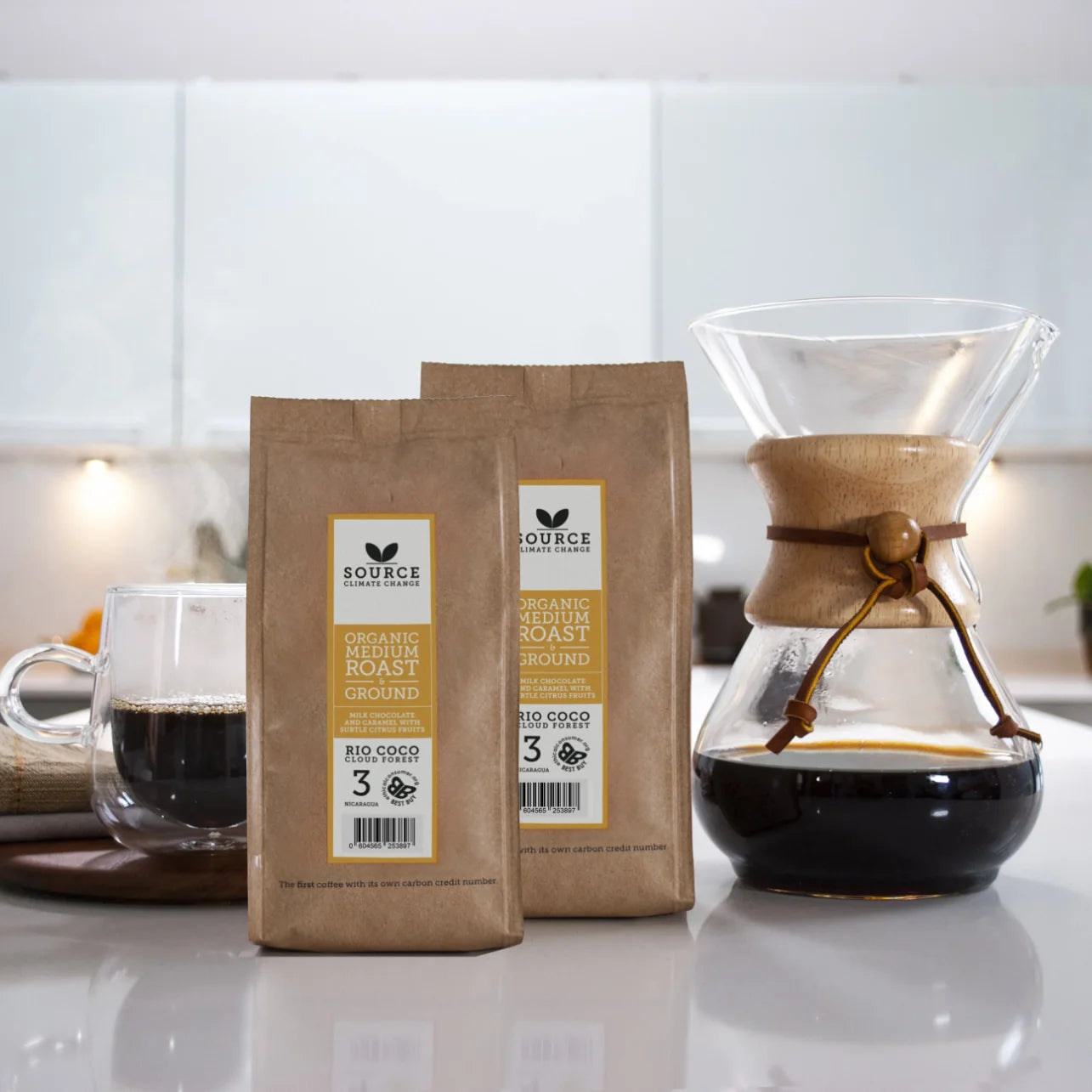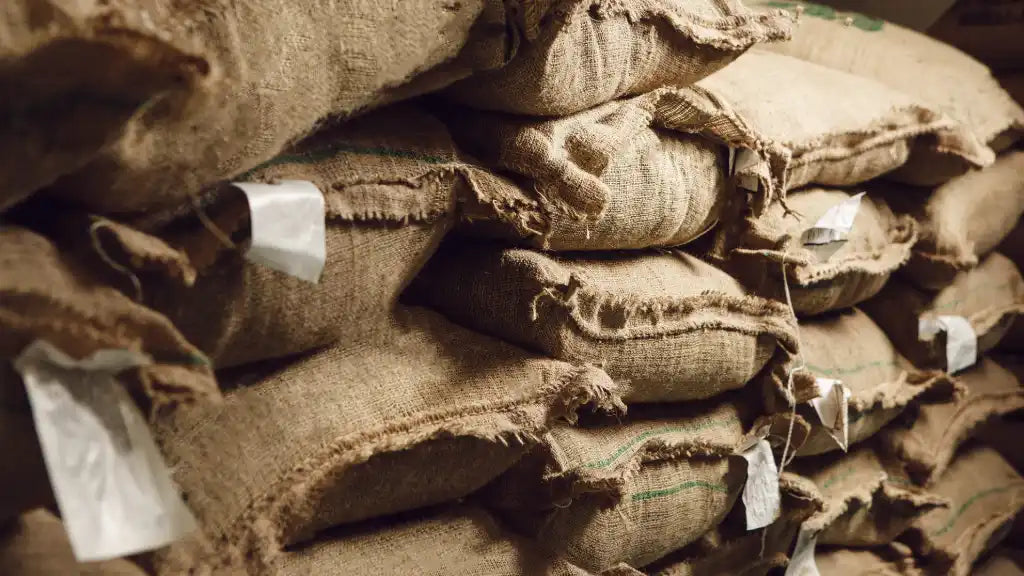
Rising coffee prices are hurting more than your pocket

Coffee growers across the world are facing severe weather changes that are affecting their livelihoods and their coffee crop. The result is that coffee prices have almost doubled in the last year. That hurts your pocket, but not as much as it hurts the coffee growers.
In Brazil, farmer Augusto Rodrigues Alves had only 25 bags of coffee to sell after a drought last year (The Washington Post). Usually he sells 100x that to Starbucks in the US. This year he has to apologise for having no coffee to sell. He’s not the only one.
Brazil was hit by frosts in August that affected the coffee harvest across the region, dampening hopes of recovery from the poor harvest last year. Marcelo Paterno harvested less than half the coffee he usually does in 2024 (GCR). Now he looks at the frost’s damage to his flowering crop and predicts an even worse harvest this year.
The current problems with coffee highlight the issues with our food security across the globe in a world that is getting warmer and seeing higher temperatures, severe droughts and flash flooding. These extreme weather events affect Arabica coffee, which is the most popular coffee type across the world.
Arabica coffee requires a specific temperature range and the right amount of rainfall to grow well. The result of higher temperatures and less rain is smaller harvests. Climate scientists are suggesting that this might be the end of Arabica production in South America. The research suggests that between 20%-60% of Brazil will be unsuitable for growing coffee by the turn of the century (Reuters).
Demand for coffee is just as high as it ever was. That makes coffee beans profitable for thieves. Ugandan farmer, Charles Waliggo has taken to patrolling his coffee trees at night to prevent theft (Bloomberg). Villagers are forming mobs to deal with thefts, attacking suspects that are believed to have stolen coffee beans from local farms (MSN). Armed men took 500 bags of coffee from a farmer in Brazil, a loss of $230,000 (Reuters).
Arabica prices have risen from $230 to $350 in May, with a high of $430 in February (Trading Economics). As a result, some specialty coffee houses are trialling using Robusta coffee instead of Arabica. Arabica coffee makes up 75% of the coffee sold. Robusta accounts for the remaining 25%. It is seen as too bitter in flavour but it is high in caffeine and low in cost. It has long been a favourite for supermarket blends.
We sell single origin Arabica coffee at Source Climate Change Coffee and the coffee prices have affected our supply chain. We pay fair prices for our coffee and we deal directly with the coffee growers in the countries we buy coffee from. We also buy our coffee in advance, providing security for our coffee growers.
This has worked in our favour for many years, but this year, we have had to buy coffee with a 100% increase on price as we have had to secure our coffee to keep supplying our customers. Whilst we have tried not to pass these price increases on to our customers, the reality is that we will not able to continue to do this if coffee prices remain high.
The volatility of coffee prices is making it hard for us to plan ahead, but we want our customers to carry on drinking our coffee. And so we will endeavour to make a coffee that our customers can afford!
A Reuters poll predicts that coffee prices will recover as demand falls due to high prices and in expectation of a good harvest this year. We hope they are right!
